Tech Articles

Build a Perfect Blog with FastAPI: Comment System
This tutorial explains how to add a comment system to a FastAPI blog. It covers creating data models, backend logic, and frontend templates to allow logged-in users to post comments.
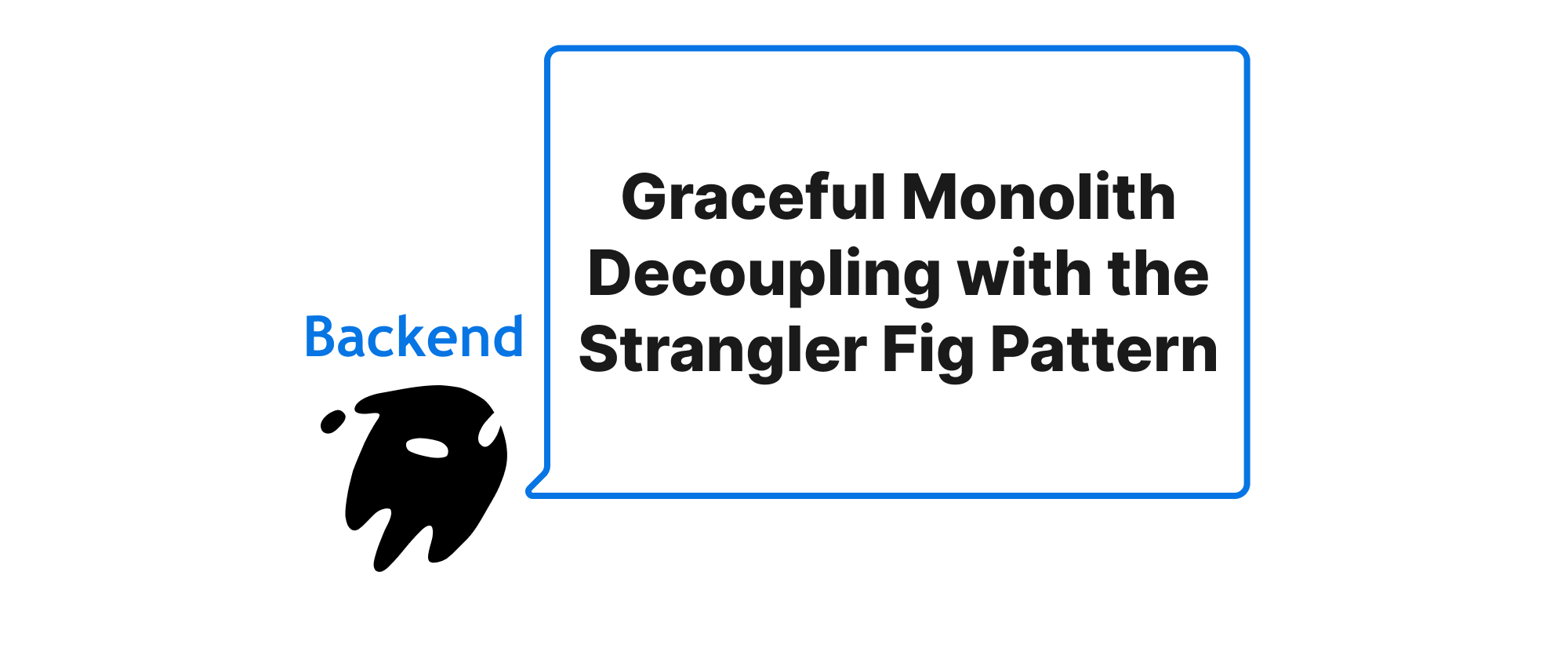
Graceful Monolith Decoupling with the Strangler Fig Pattern
This article details how the Strangler Fig pattern enables a safe and incremental transition from monolithic applications to microservices, covering its principles, implementation with practical examples, and benefits.
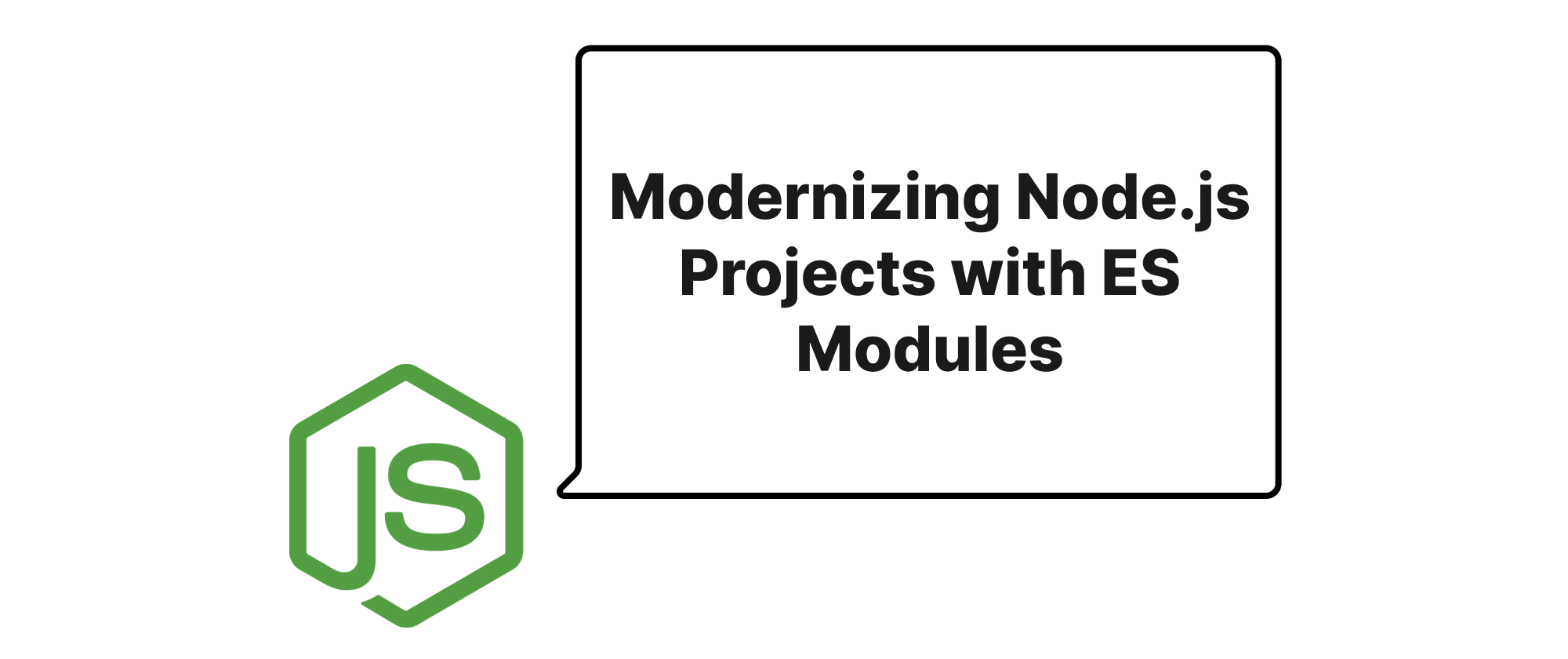
Modernizing Node.js Projects with ES Modules
A comprehensive guide to migrating existing CommonJS Node.js projects to the modern ES Modules standard by leveraging the "type": "module" flag in package.json.
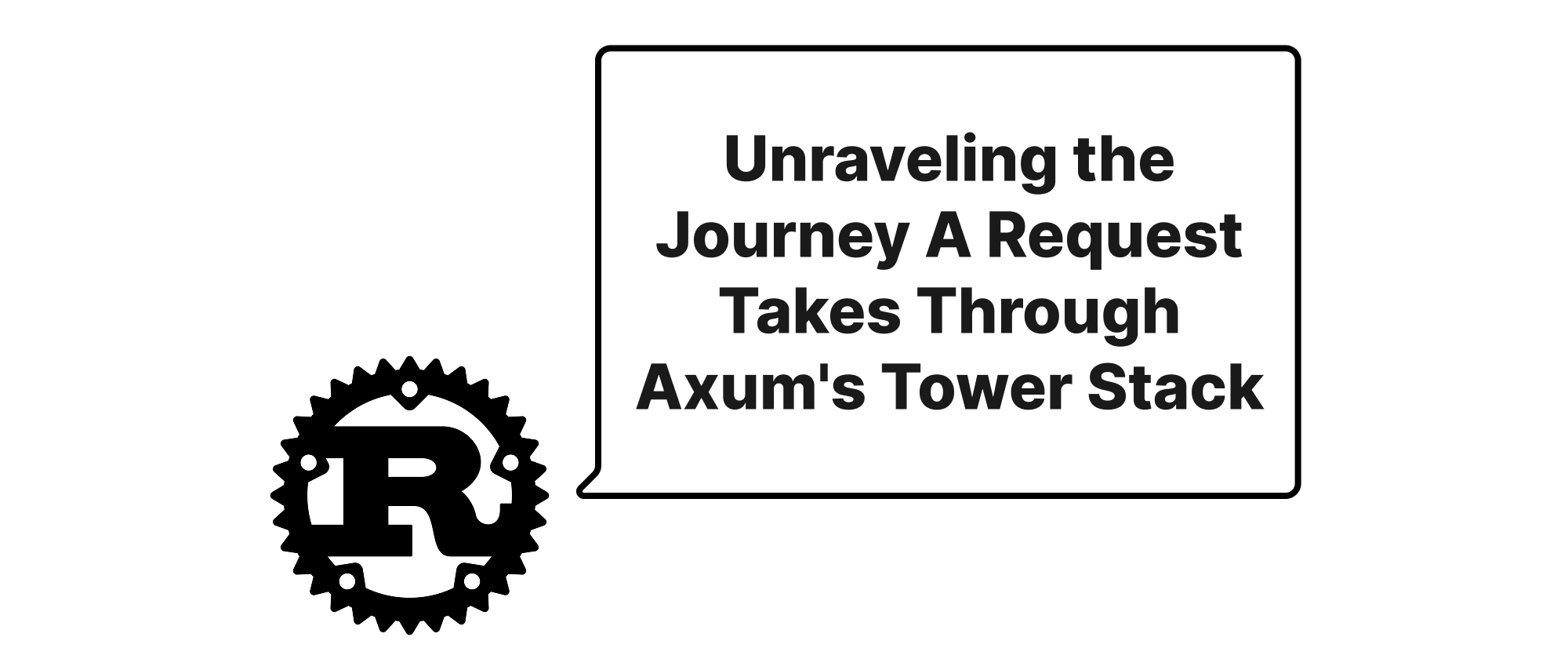
Unraveling the Journey A Request Takes Through Axum's Tower Stack
This article embolds the intricate path a request follows from its arrival to its final response within an Axum application, deeply exploring the Tower service stack and its pivotal role in handling HTTP requests.
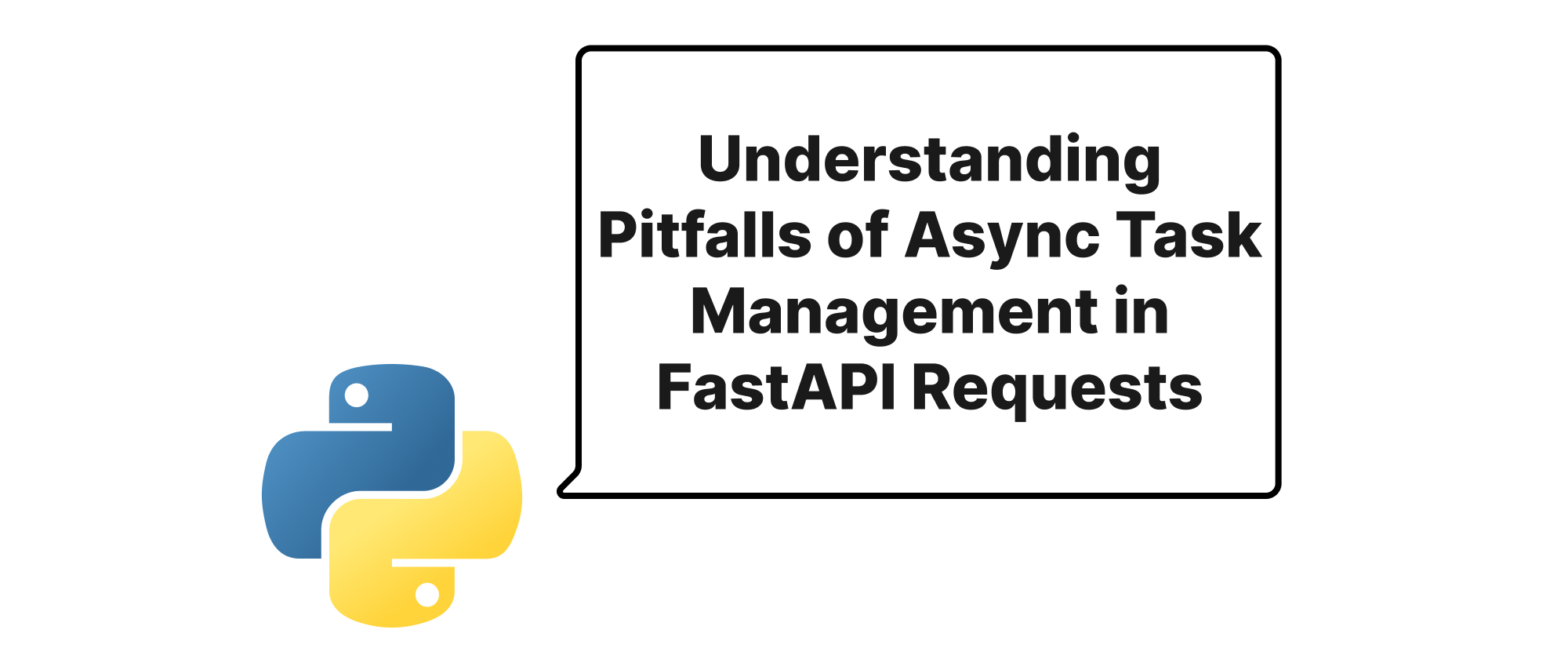
Understanding Pitfalls of Async Task Management in FastAPI Requests
This article delves into common blunders when using `asyncio.create_task` or `BackgroundTasks` within FastAPI request handlers, offering insights and best practices to avoid performance issues and unexpected behavior.
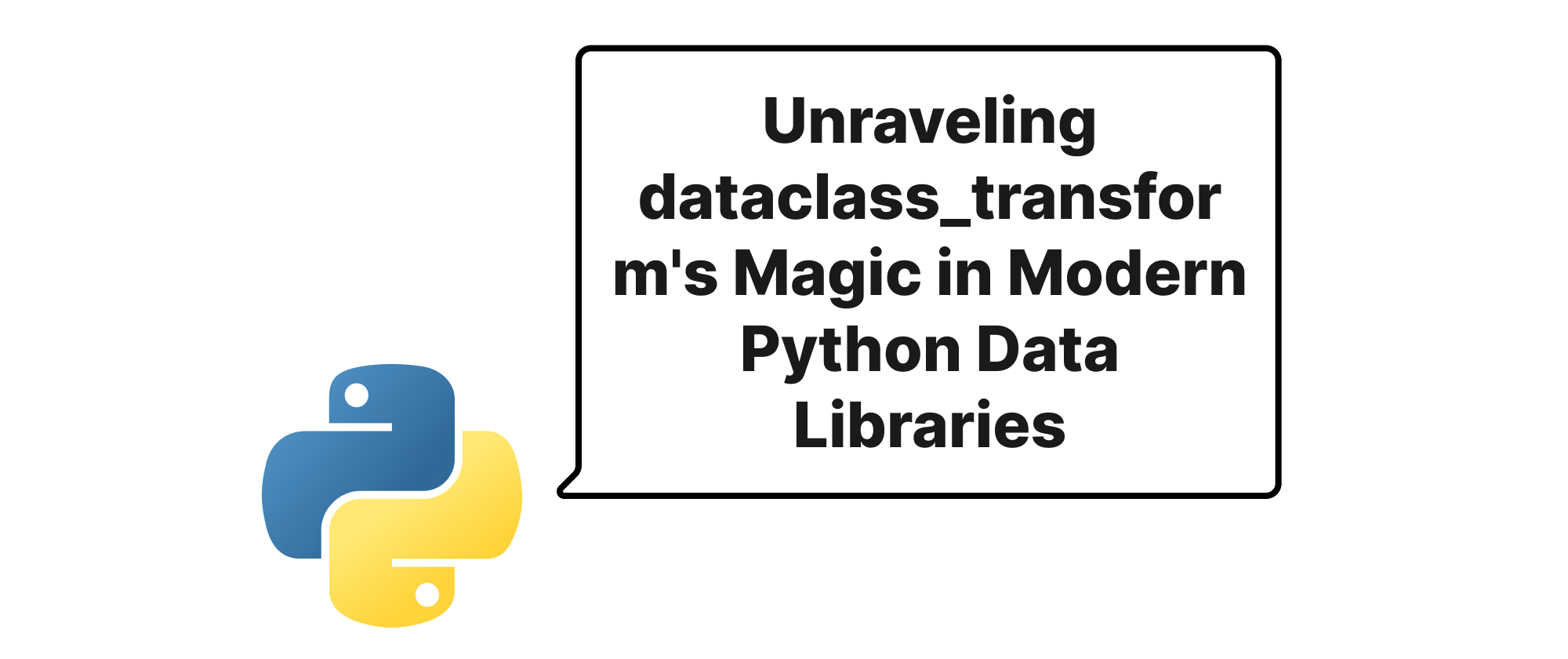
Unraveling dataclass_transform's Magic in Modern Python Data Libraries
Explore the power of typing.dataclass_transform and its impact on libraries like Pydantic, SQLModel, and attrs, offering enhanced type inference and developer experience.
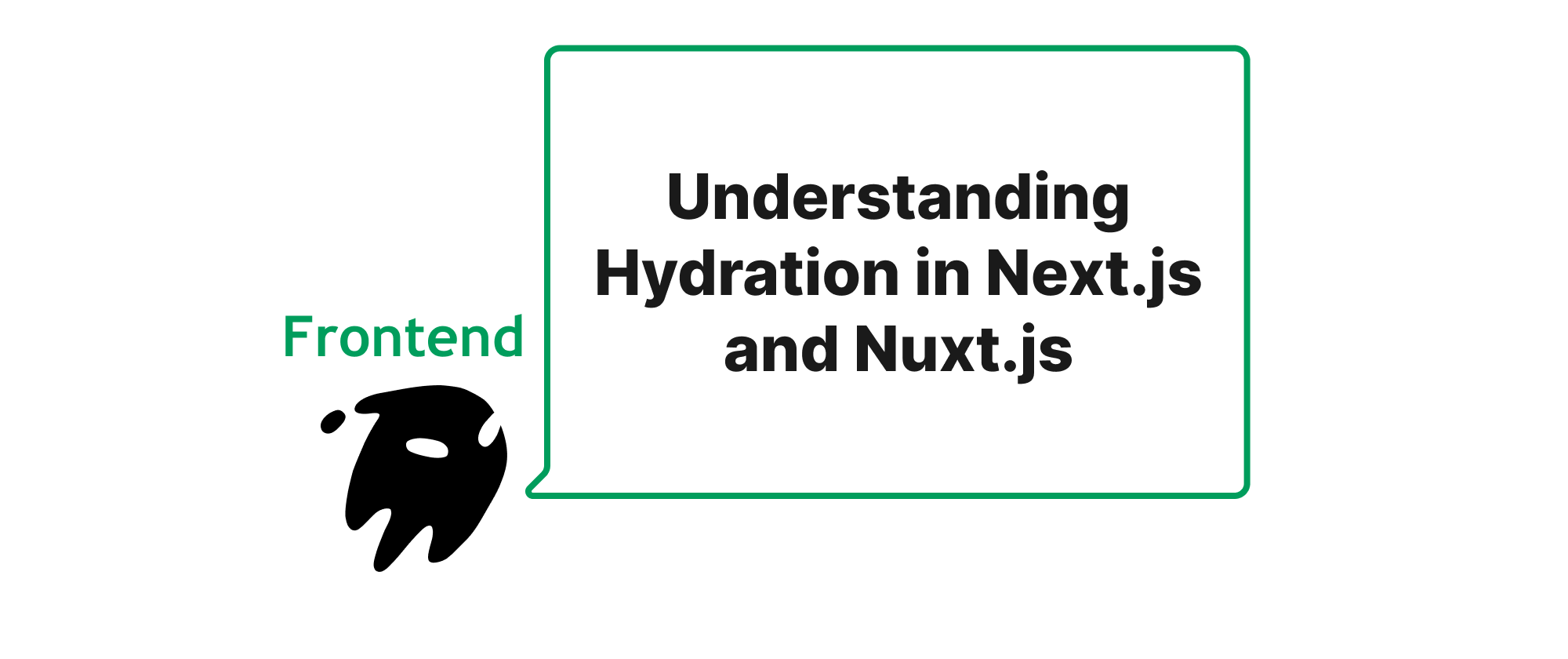
Understanding Hydration in Next.js and Nuxt.js
A comprehensive look into the hydration process in modern JavaScript frameworks, its significance, common pitfalls, and how to optimize it for better performance.
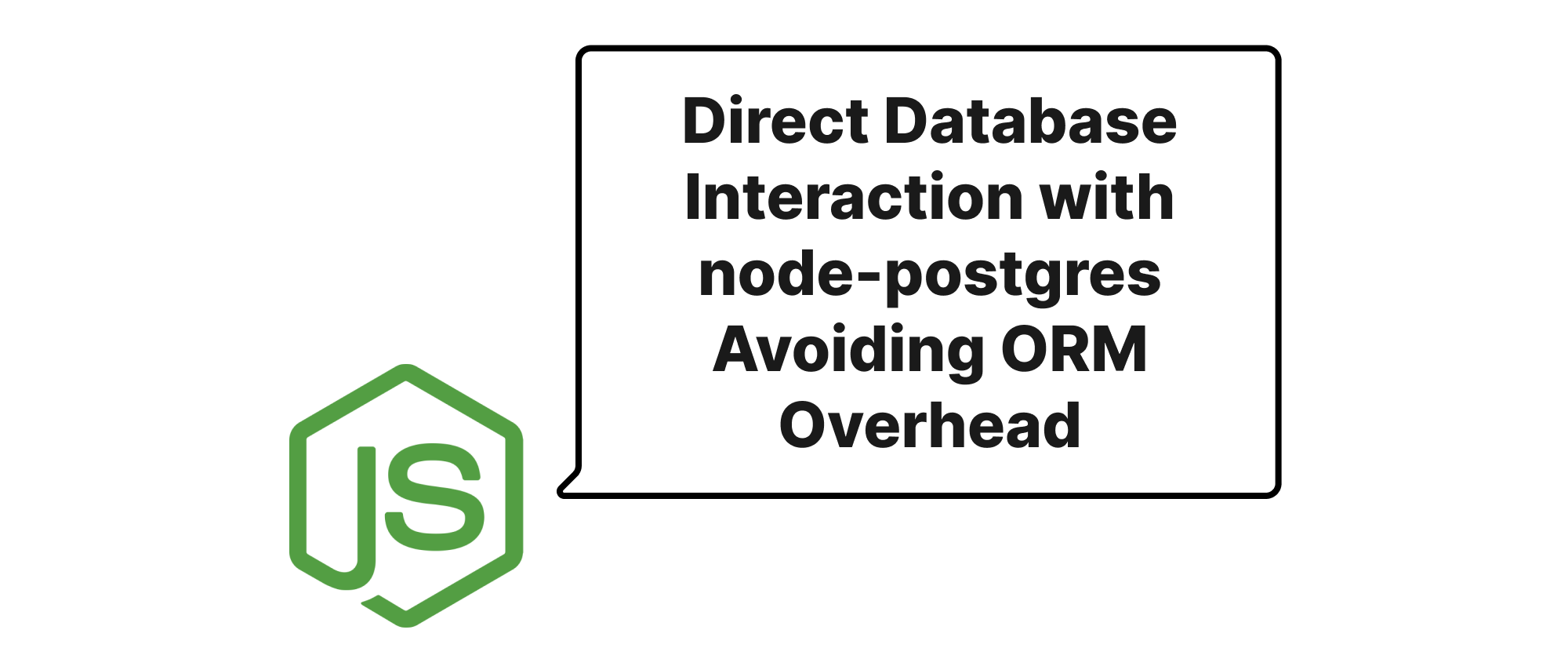
Direct Database Interaction with node-postgres Avoiding ORM Overhead
Explore the benefits of using node-postgres directly for database interactions in JavaScript applications, arguing that ORMs are often an unnecessary abstraction for many projects.
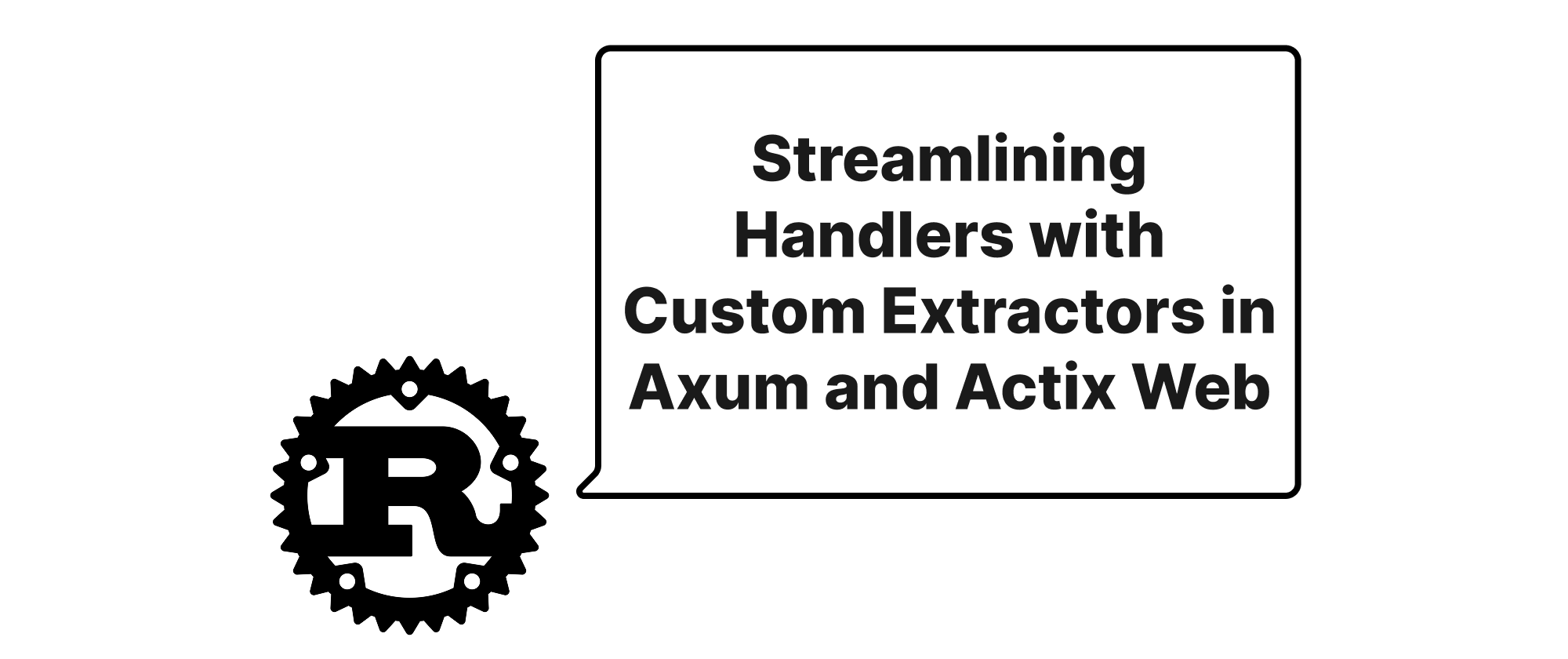
Streamlining Handlers with Custom Extractors in Axum and Actix Web
Learn how to create custom request extractors in Rust's Actix Web and Axum frameworks to simplify business logic and improve code reusability.

Build a Perfect Blog with FastAPI: Add Authorization
This guide shows how to add user authentication to a FastAPI blog. Learn to manage user sessions with middleware, implement login/logout, protect routes, and dynamically update the user interface.
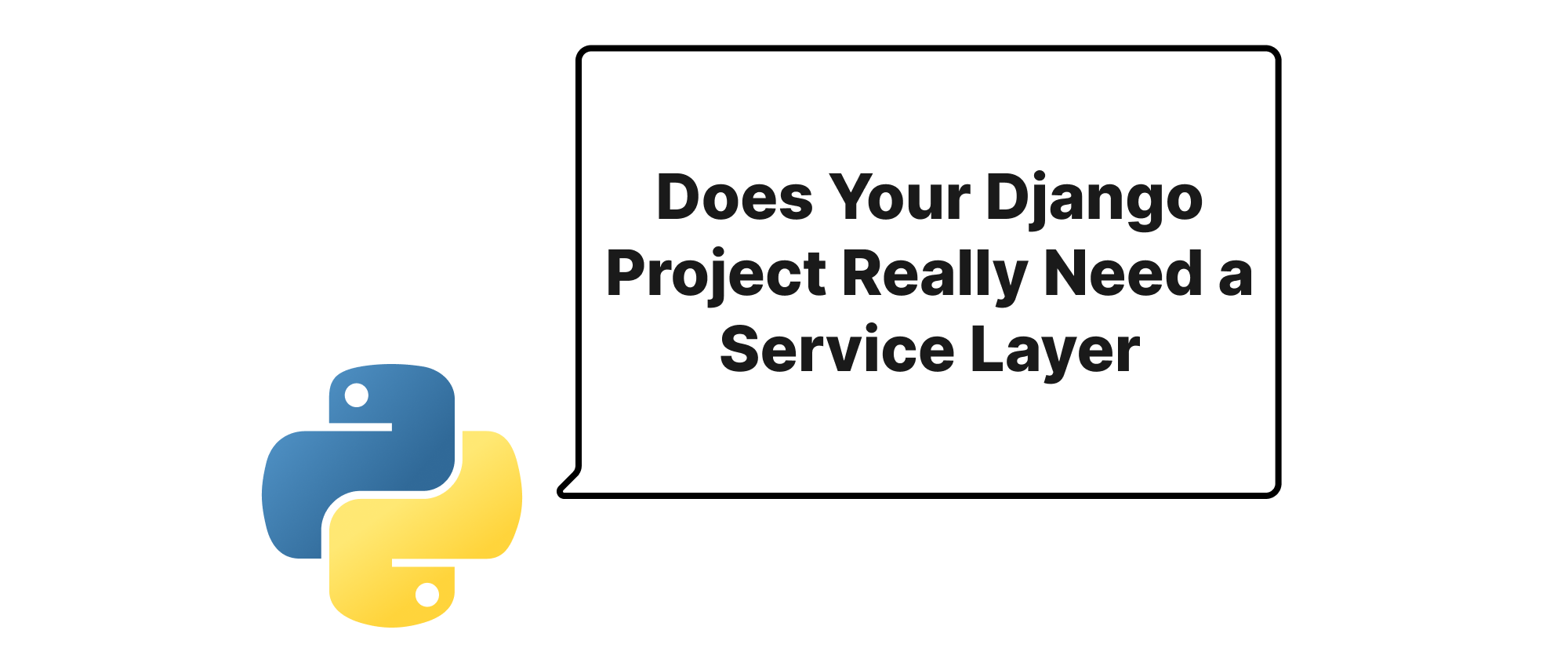
Does Your Django Project Really Need a Service Layer
A debate on the pros and cons of using a service layer in Django applications, exploring its necessity and practical implications.
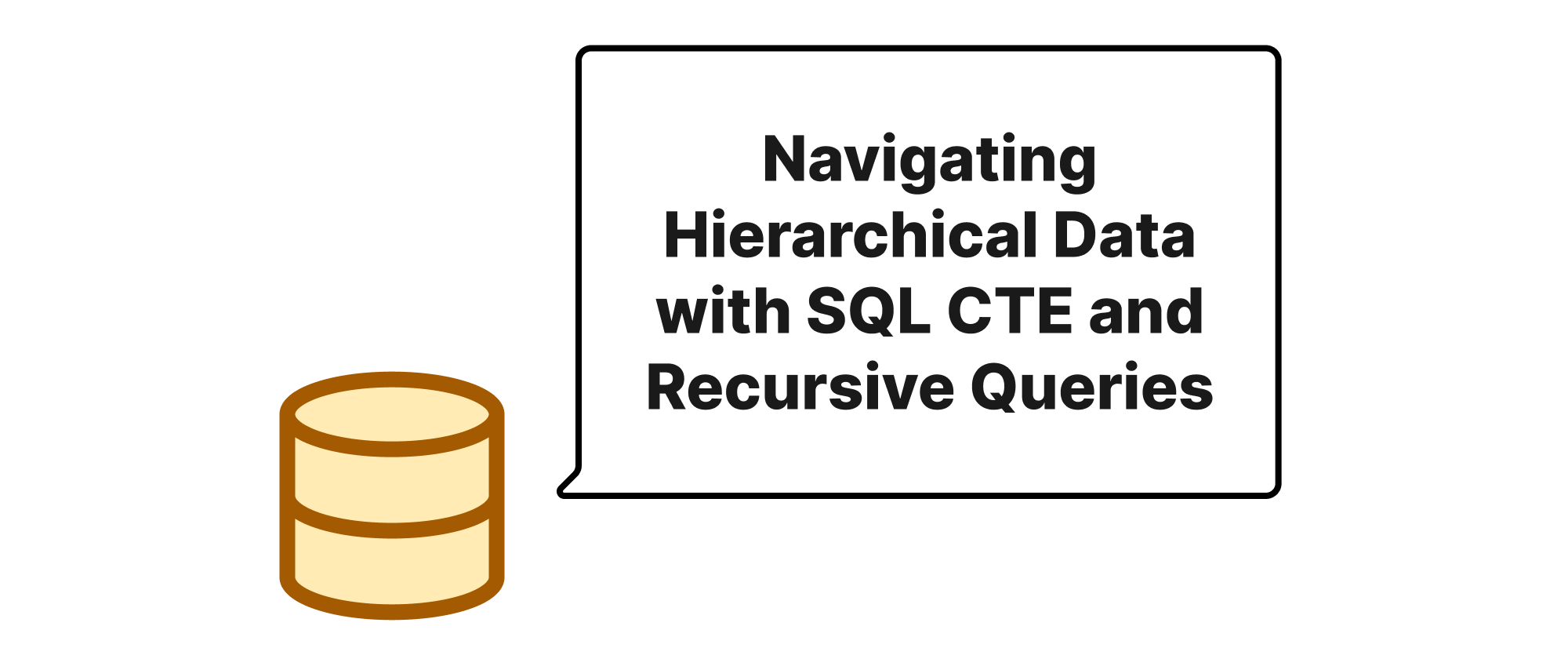
Navigating Hierarchical Data with SQL Common Table Expressions and Recursive Queries
Explore how SQL CTEs and recursive queries provide a powerful and efficient way to manage and traverse hierarchical data structures like comment trees and organizational charts directly within your database.
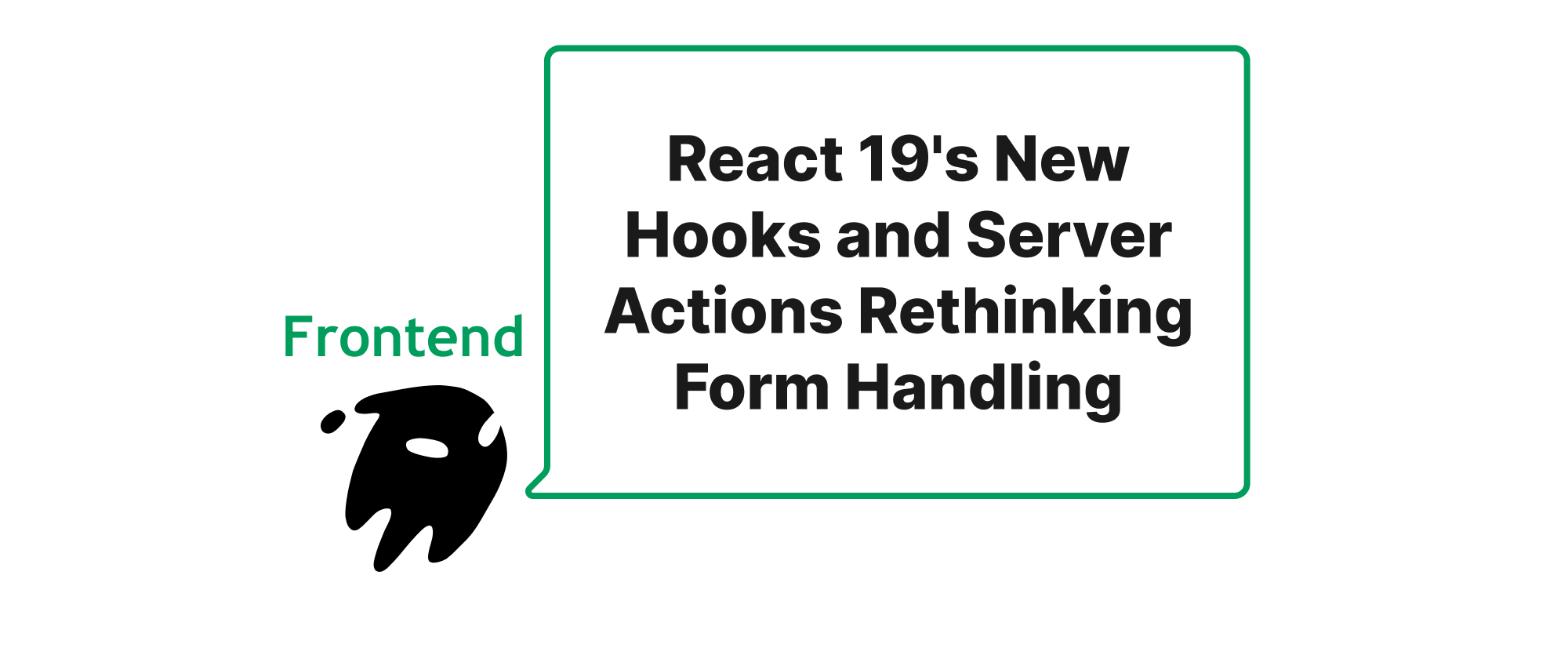
React 19's New Hooks and Server Actions Rethinking Form Handling
Explore how React 19's innovative hooks like `useFormStatus` and `useFormState`, combined with Server Actions, are poised to transform the landscape of form handling in modern web development.
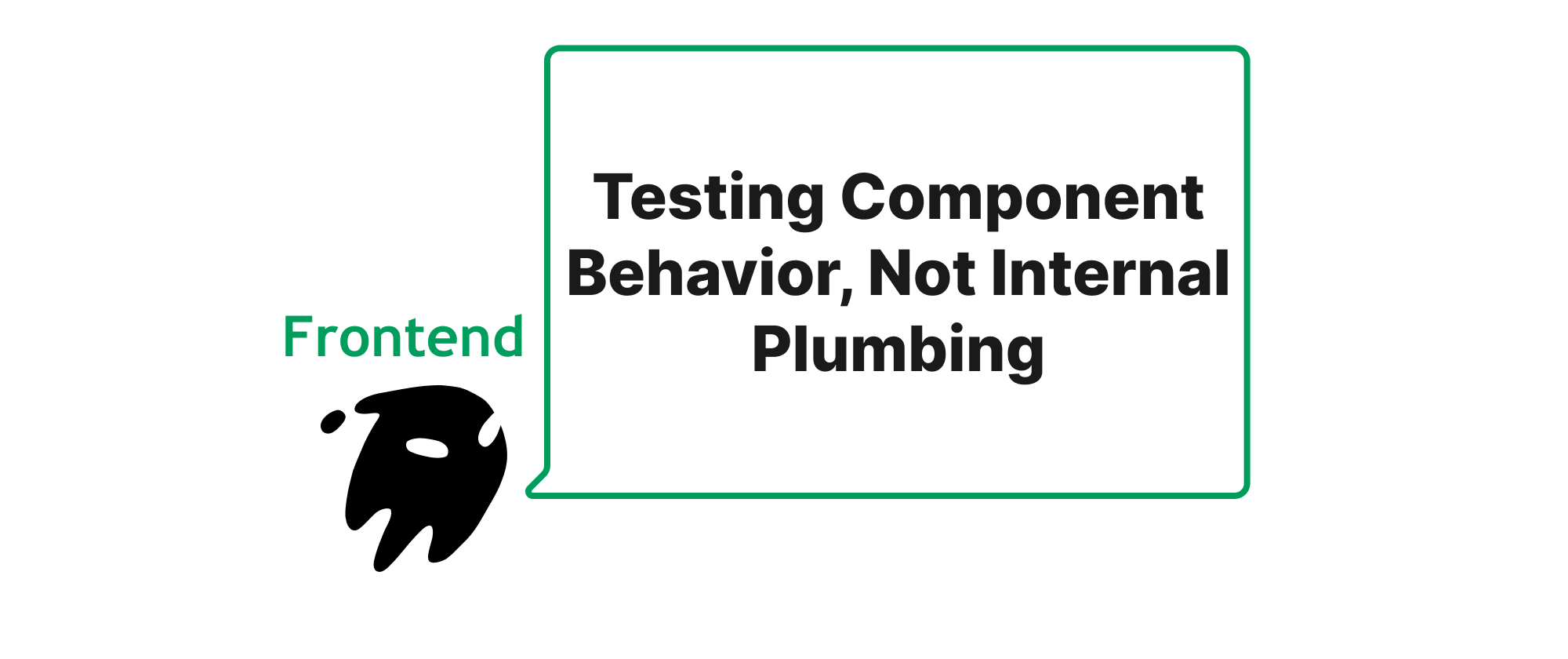
Testing Component Behavior, Not Internal Plumbing
Exploring the benefits and methodology of focusing on component interaction during testing, rather than getting entangled in implementation details, to achieve more robust and maintainable frontend tests.
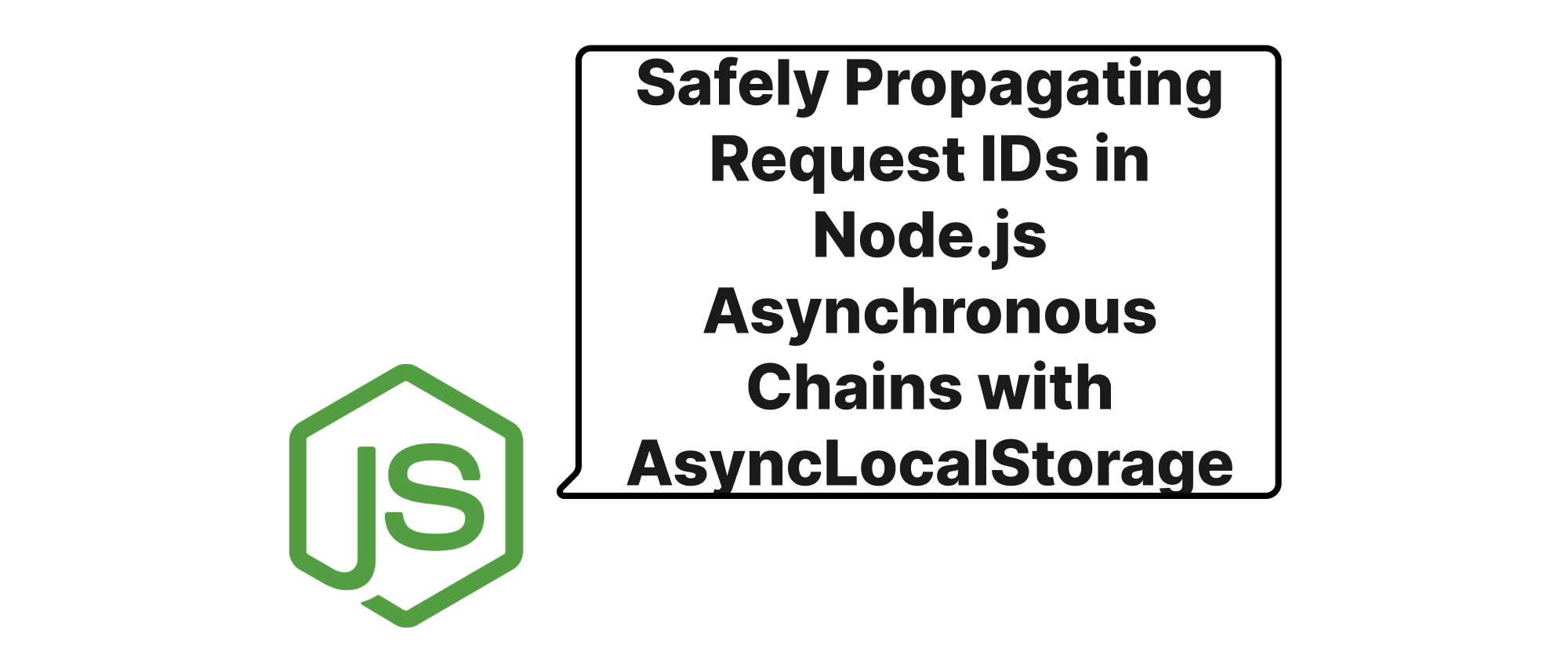
Safely Propagating Request IDs in Node.js Asynchronous Chains with AsyncLocalStorage
Explore how AsyncLocalStorage in Node.js provides a robust mechanism for securely passing request-specific identifiers through complex asynchronous call stacks, enhancing observability and debugging without explicit

Build a Perfect Blog with FastAPI: Add User System
This tutorial shows how to secure a FastAPI blog by adding a user authentication system. It covers creating user models, hashing passwords, and building registration and login routes and pages.
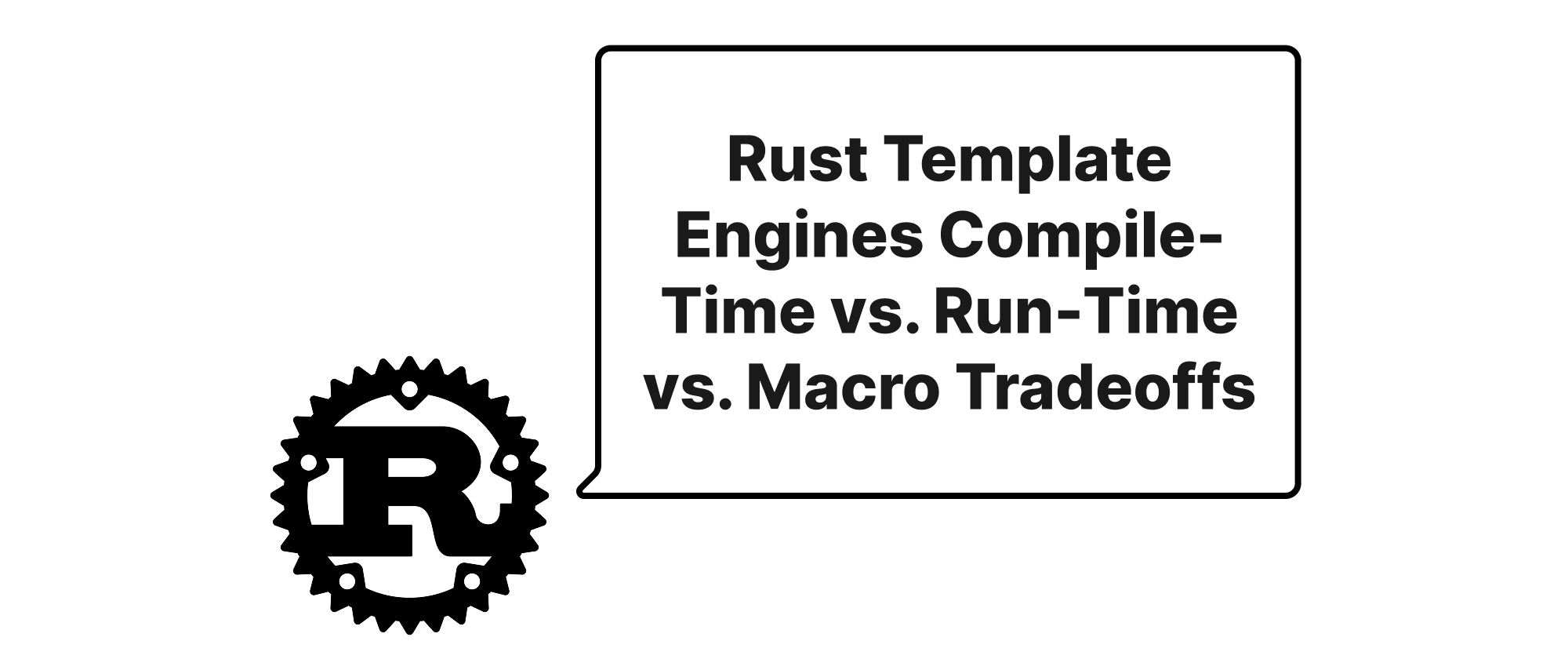
Rust Template Engines Compile-Time vs. Run-Time vs. Macro Tradeoffs
Exploring the performance and flexibility considerations of Askama, Tera, and Maud in Rust templating, contrasting their compile-time, run-time, and macro-based approaches.
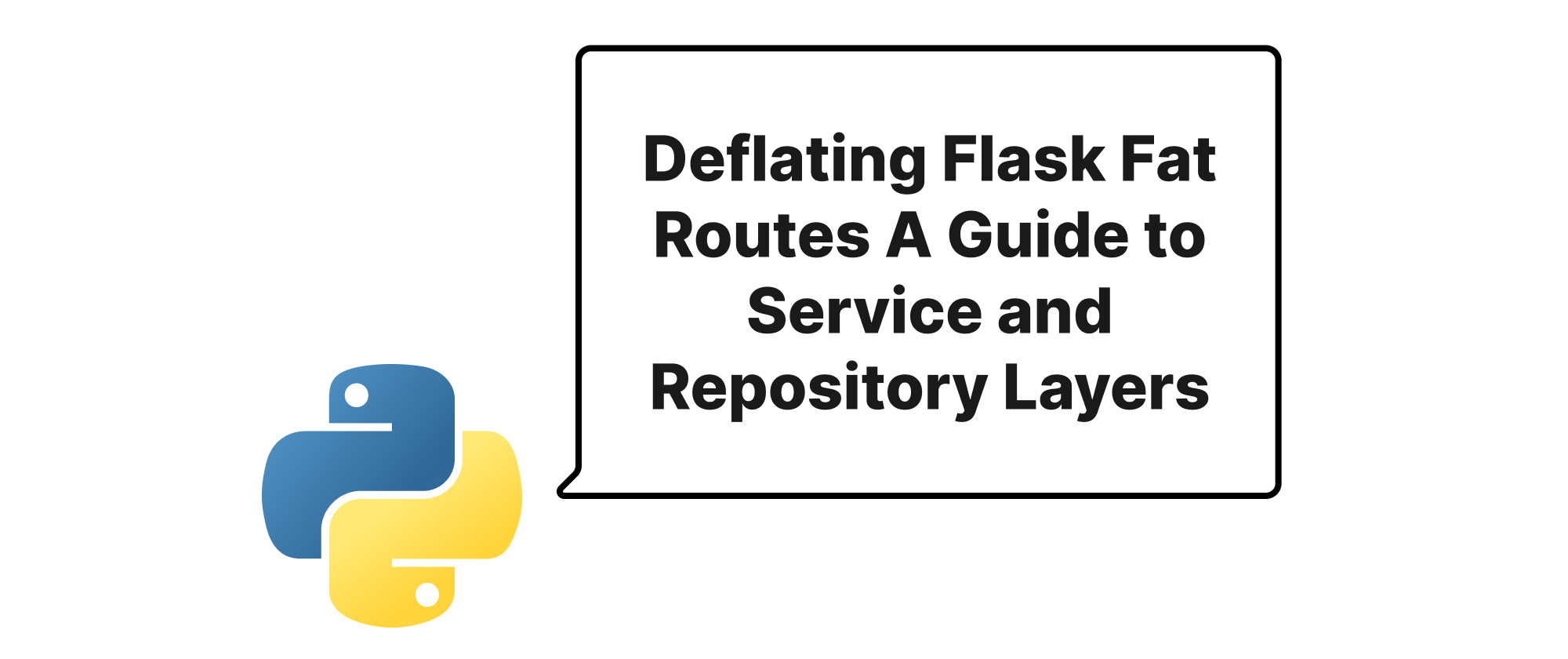
Deflating Flask Fat Routes A Guide to Service and Repository Layers
This article explores refactoring Flask applications by introducing Service and Repository layers to decouple business logic and data access, improving maintainability and testability.
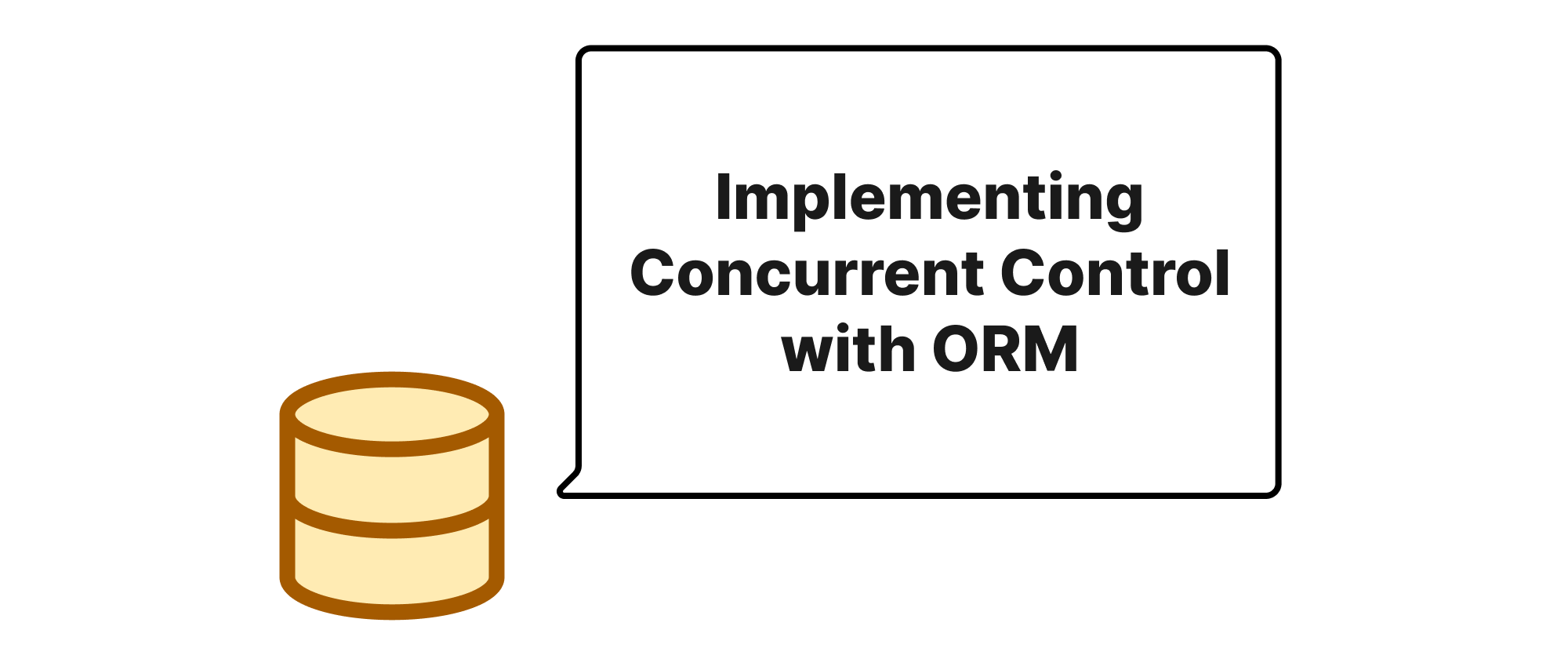
Implementing Concurrent Control with ORM - A Deep Dive into Pessimistic and Optimistic Locking
Exploring how ORMs facilitate pessimistic (SELECT FOR UPDATE) and optimistic (versioning) locking mechanisms to ensure data integrity and manage concurrency in database applications.
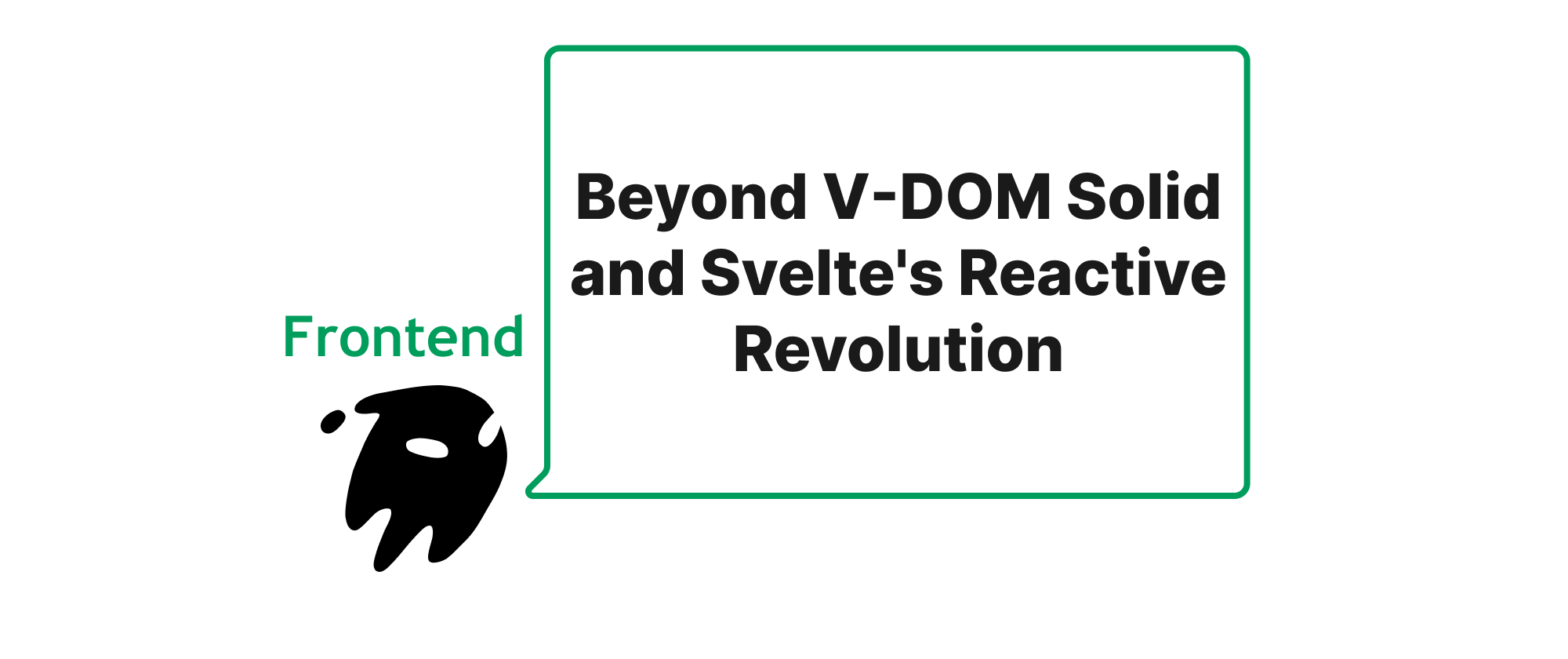
Beyond V-DOM Solid and Svelte's Reactive Revolution
Exploring the core design philosophies and practical implications of Solid and Svelte, two leading frameworks that bypass the Virtual DOM for enhanced performance and developer experience.
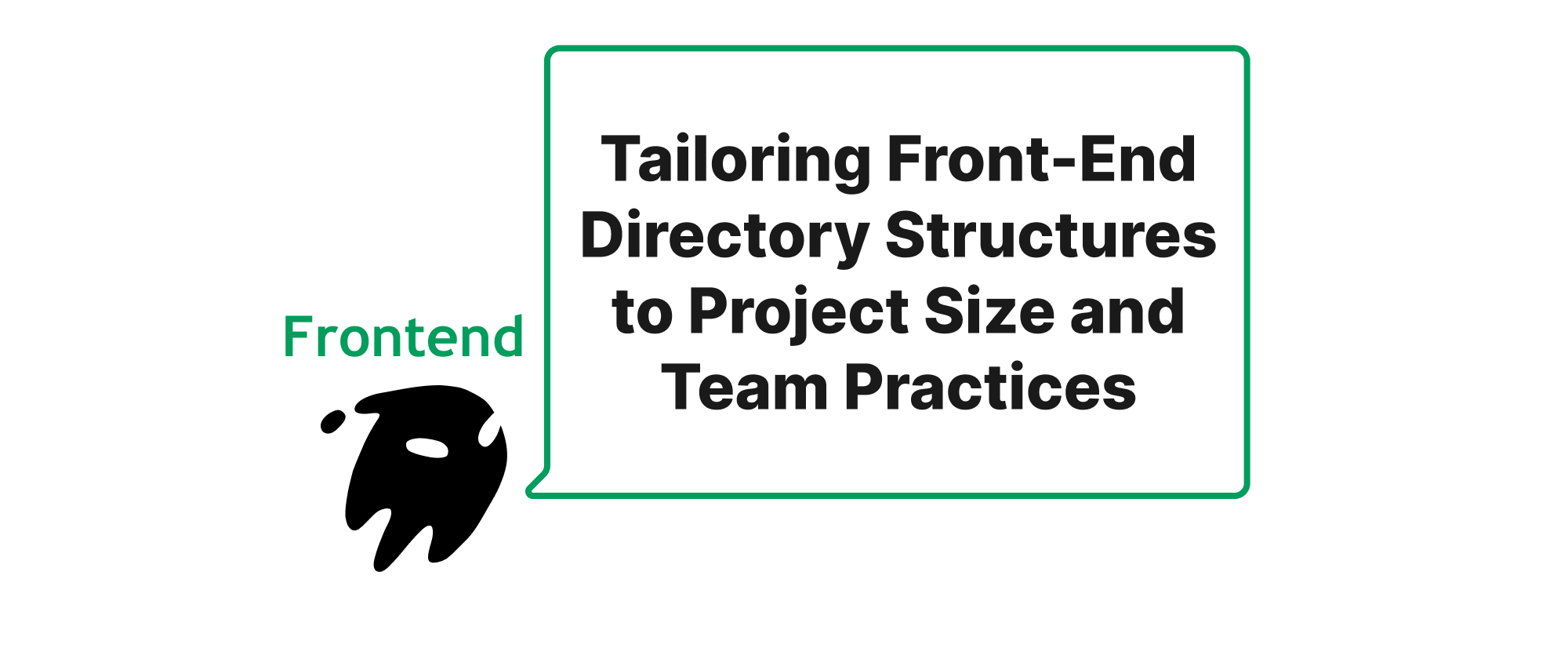
Tailoring Front-End Directory Structures to Project Size and Team Practices
This article explores how to choose the most effective front-end directory structure by considering project scale and team habits, discussing common approaches and providing practical guidance for different scenarios.
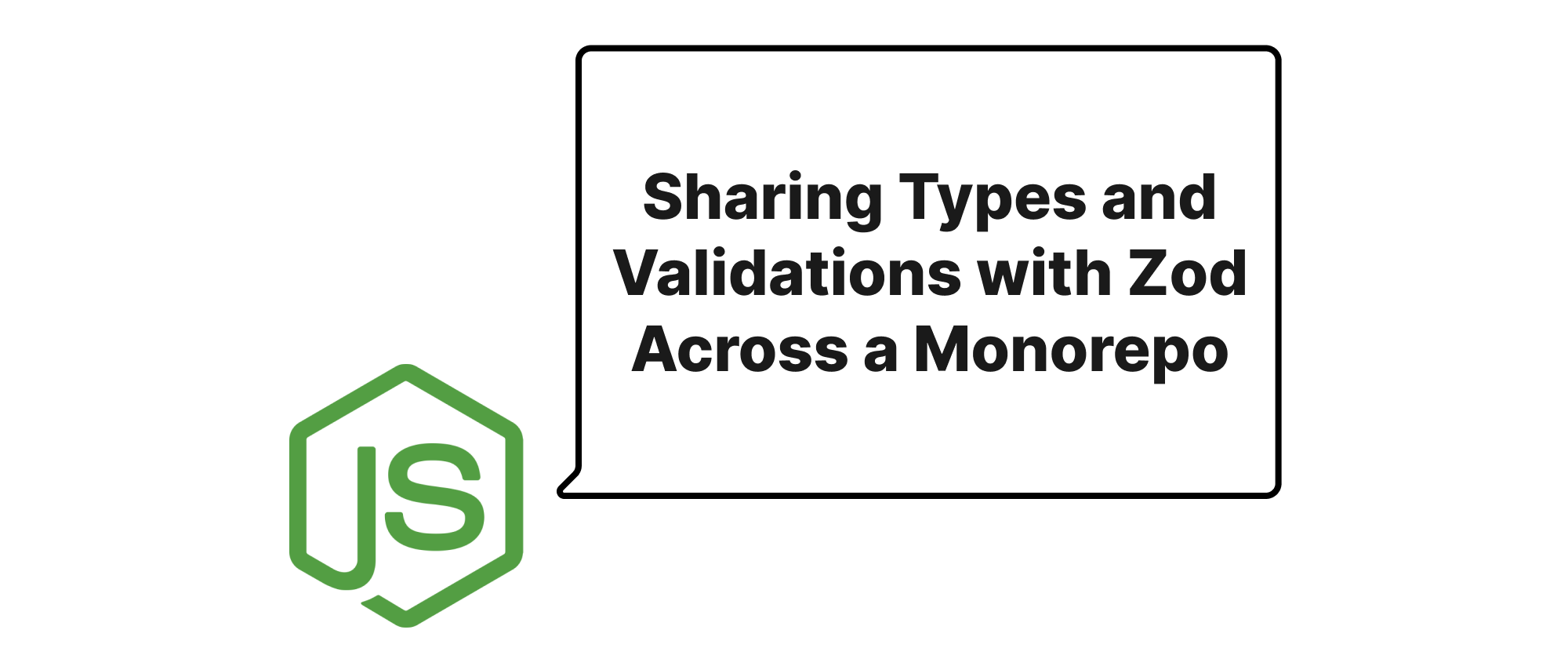
Sharing Types and Validations with Zod Across a Monorepo
This article explores how to leverage Zod within a monorepo setup to share types and validations seamlessly between a Next.js frontend and a Fastify backend.
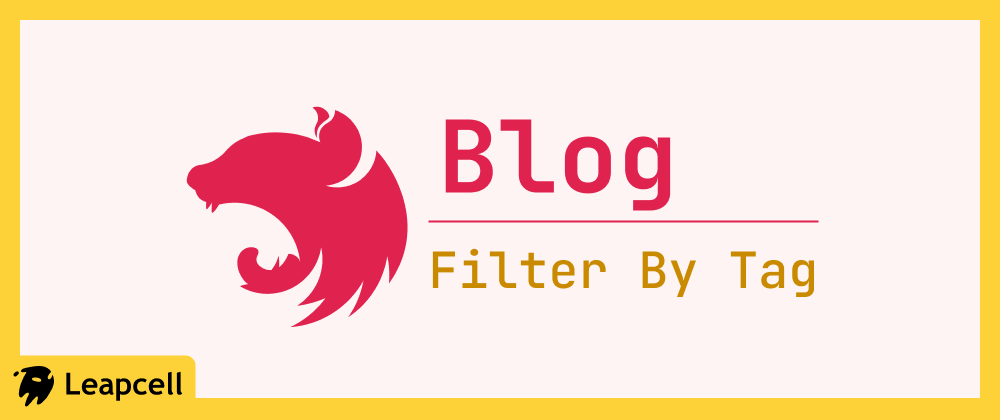
Build a Great Nest.js Blog: Filter by Tag
This tutorial explains how to add a "filter posts by tag" feature to a NestJS blog. It covers updating backend services, creating a new controller, and building a frontend view.
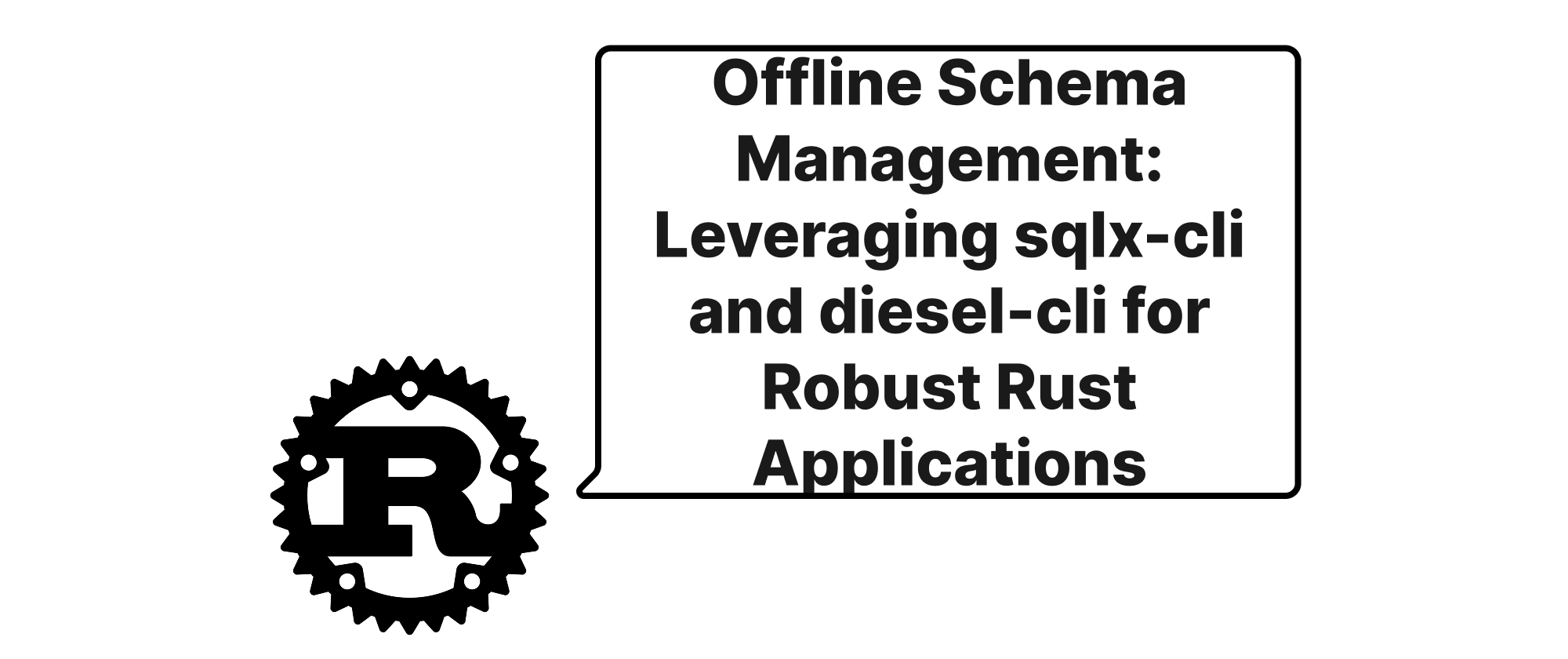
Offline Schema Management: Leveraging sqlx-cli and diesel-cli for Robust Rust Applications
This article explores how Rust developers can effectively manage database migrations and schemas using sqlx-cli and diesel-cli, focusing on their offline capabilities for enhanced development workflows.
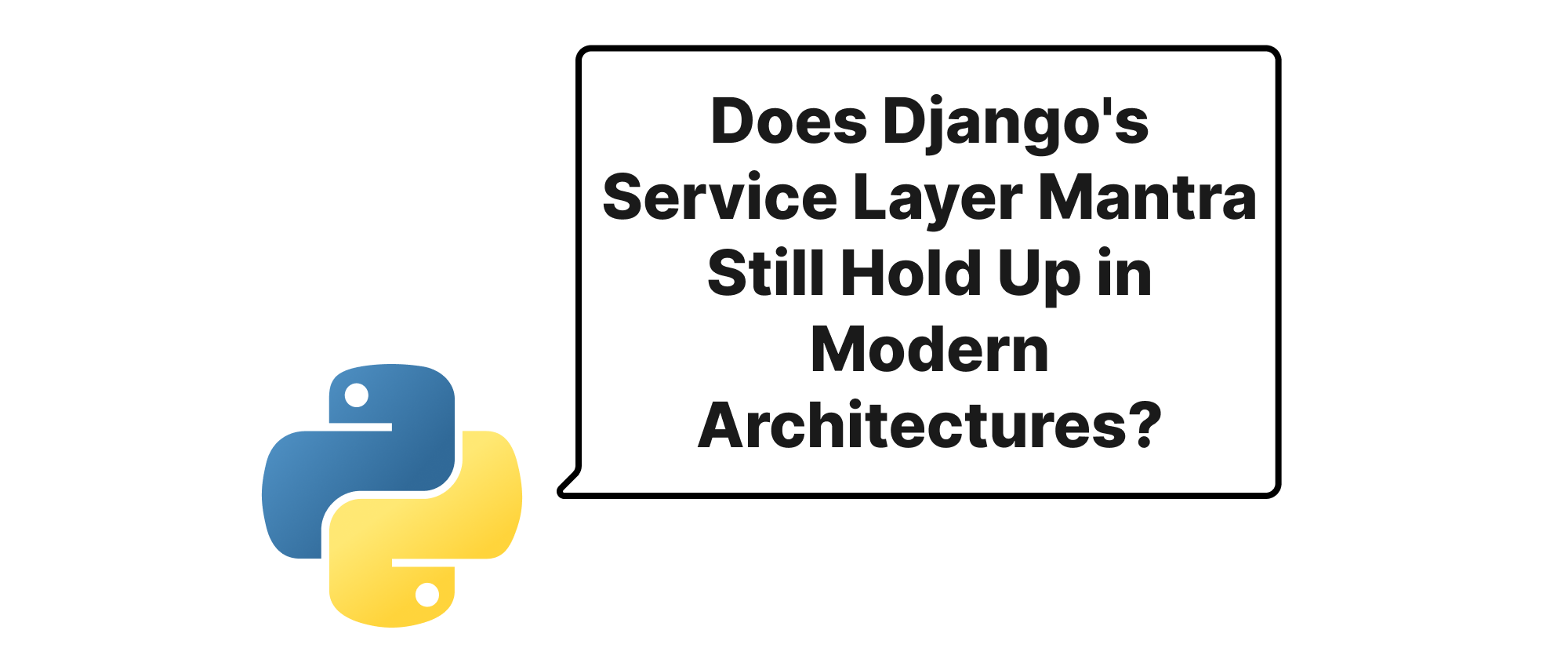
Does Django's Service Layer Mantra Still Hold Up in Modern Architectures? A Deep Dive.
Exploring the enduring relevance of Django's old adage regarding service layers in today's increasingly complex, decoupled architectural landscapes.
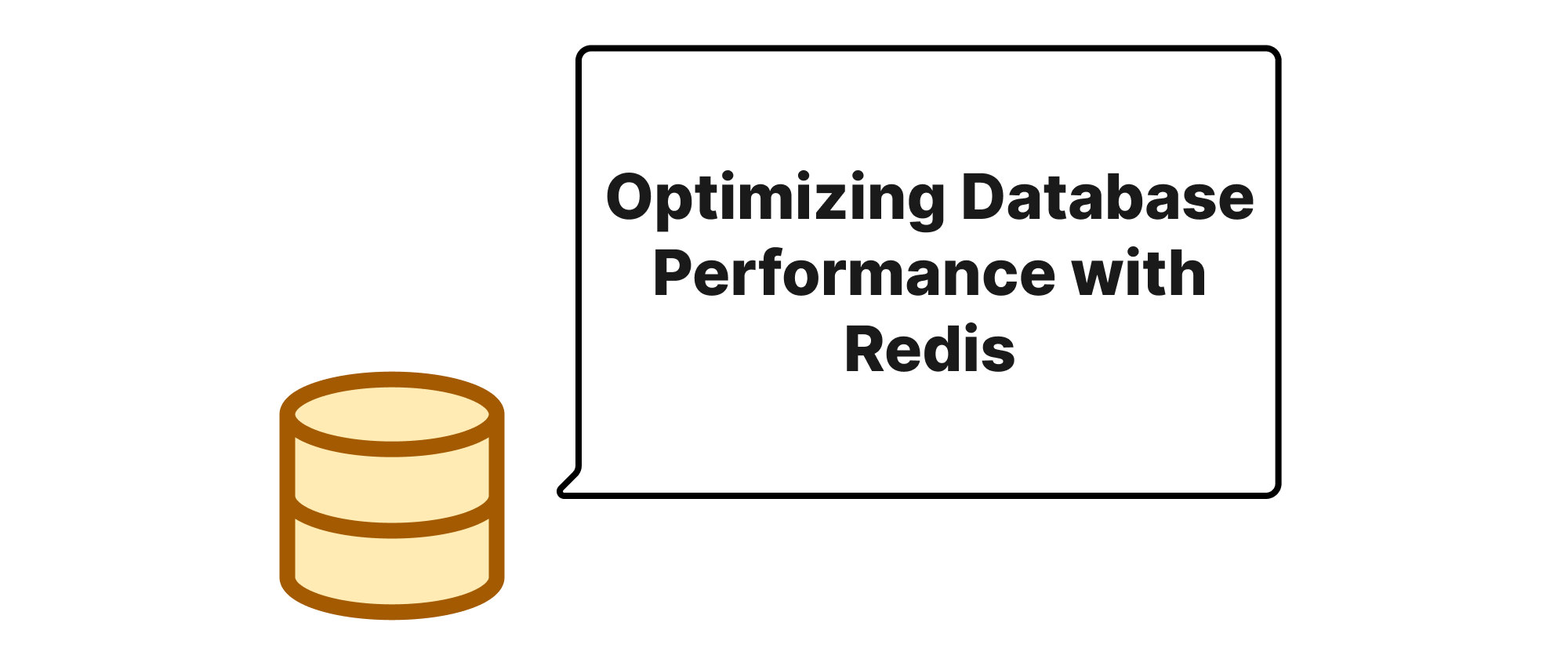
Optimizing Database Performance with Redis: Cache Key Design and Invalidation Strategies
This article delves into the critical aspects of using Redis as a query result cache, focusing on intelligent cache key design and robust invalidation strategies to enhance application performance and data consistency.
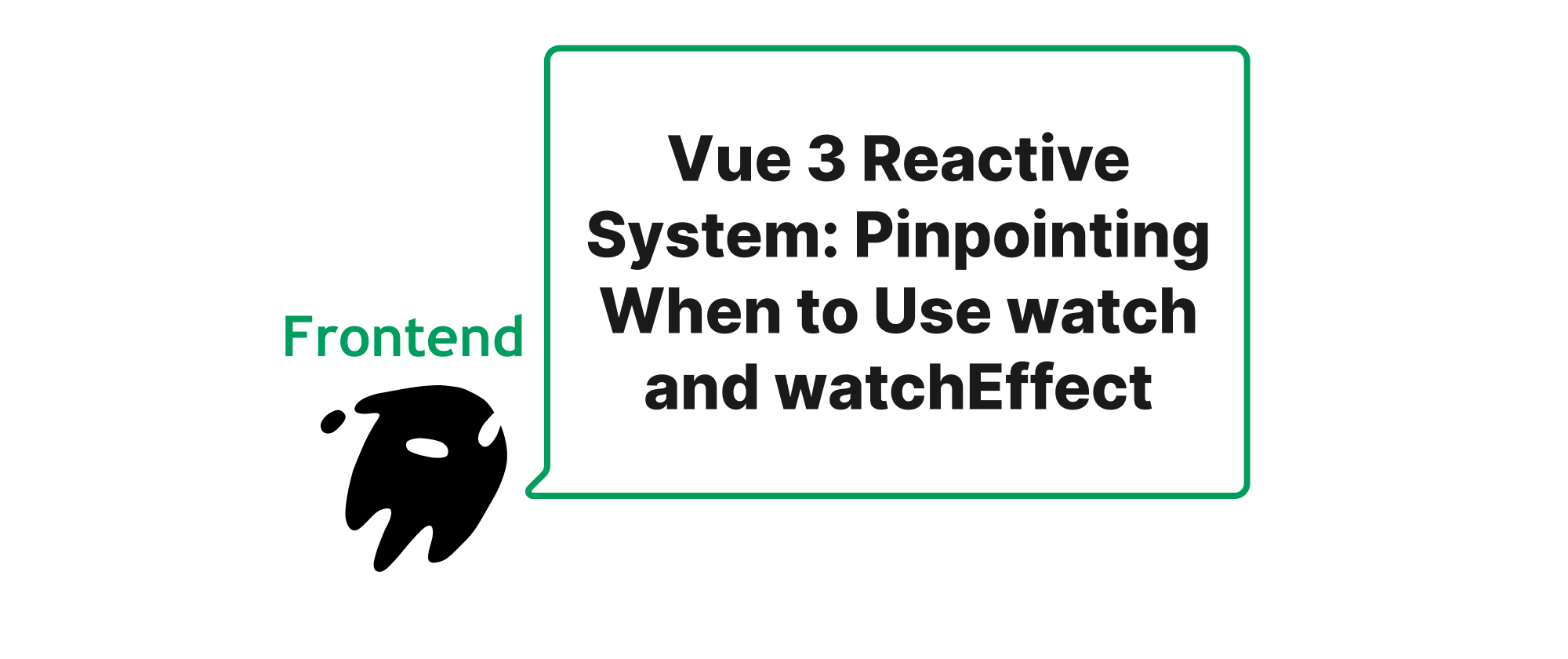
Vue 3 Reactive System: Pinpointing When to Use watch and watchEffect
This article delves into Vue 3's reactive system, specifically comparing `watch` and `watchEffect` to help developers choose the right tool for their use cases, complete with practical examples.
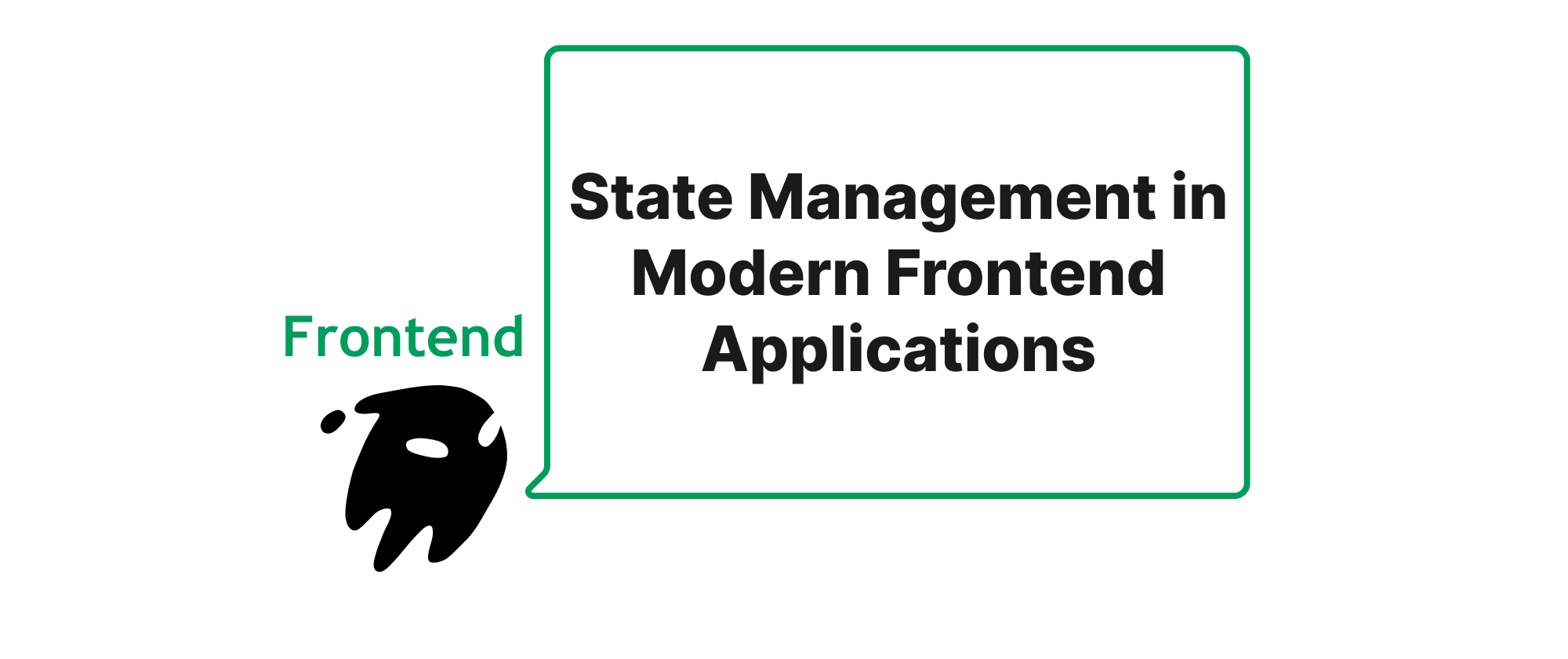
State Management in Modern Frontend Applications
A deep dive into Redux Toolkit, Zustand, and Jotai, comparing their paradigms, implementations, and ideal use cases for effective state management in React.
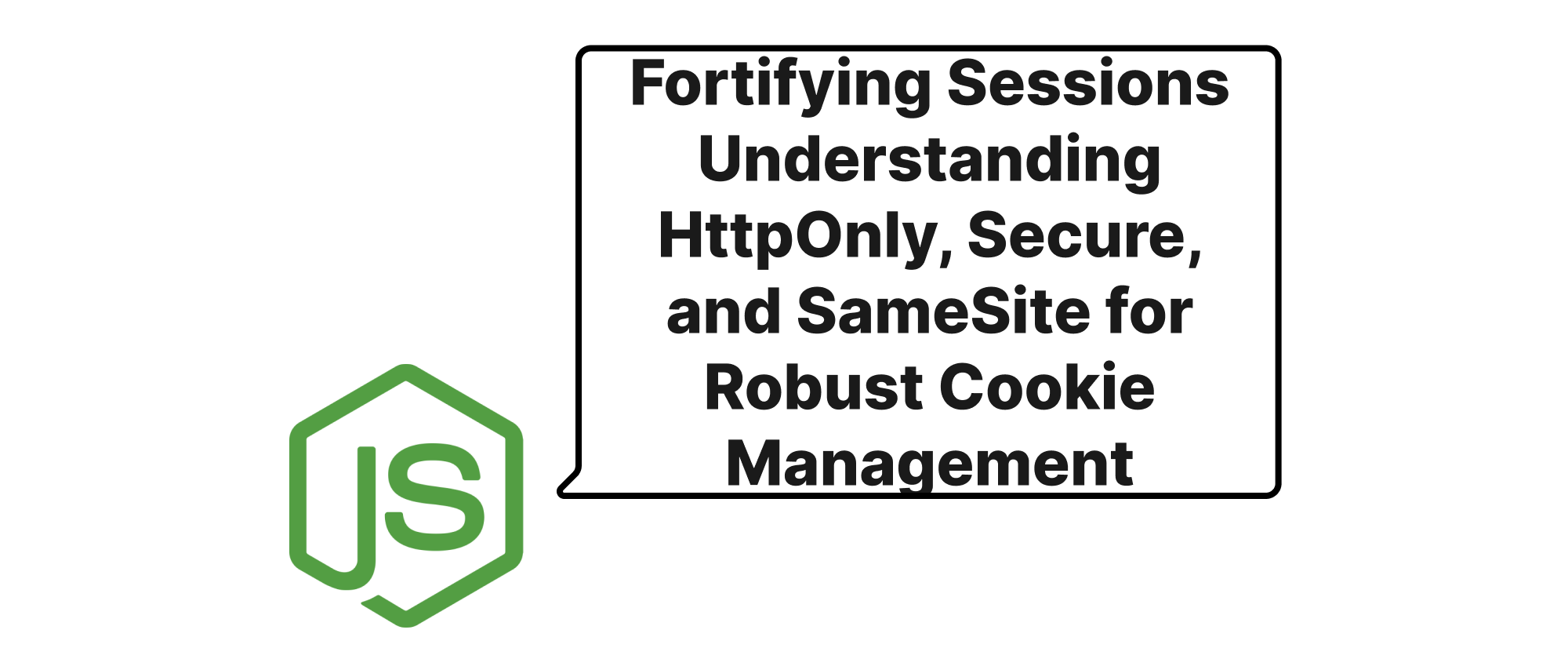
Fortifying Sessions Understanding HttpOnly, Secure, and SameSite for Robust Cookie Management
Explore the essential cookie attributes HttpOnly, Secure, and SameSite in JavaScript, learning how to implement them to enhance application security and protect user sessions from common web vulnerabilities.
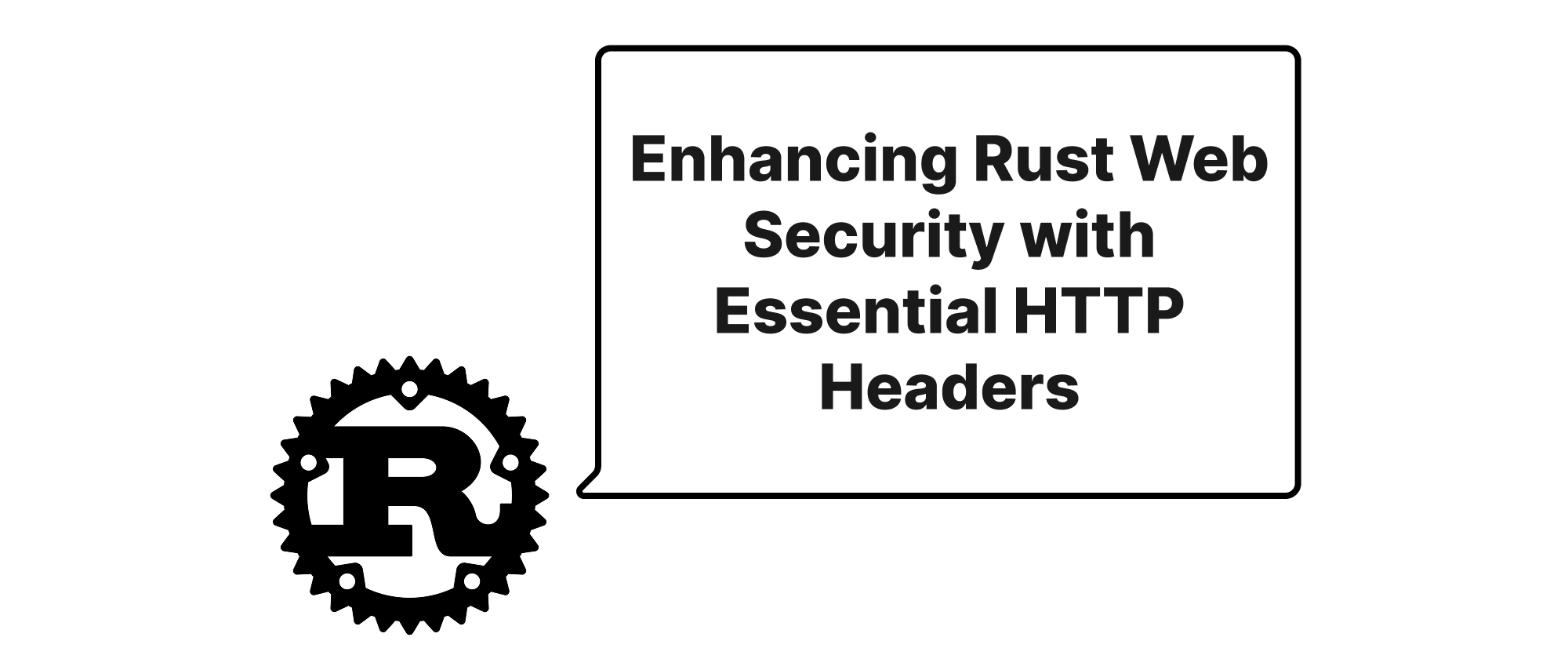
Enhancing Rust Web Security with Essential HTTP Headers
This article explores how to integrate Content Security Policy (CSP), HTTP Strict Transport Security (HSTS), and X-Frame-Options into Rust web applications to bolster security, explaining their importance, implementation, and practical application.

Build a Great Nest.js Blog: Tags for Post
This tutorial explains how to add a tagging system to a NestJS blog, covering data modeling, backend service logic with TypeORM, and frontend integration using EJS templates for creating/displaying tags.
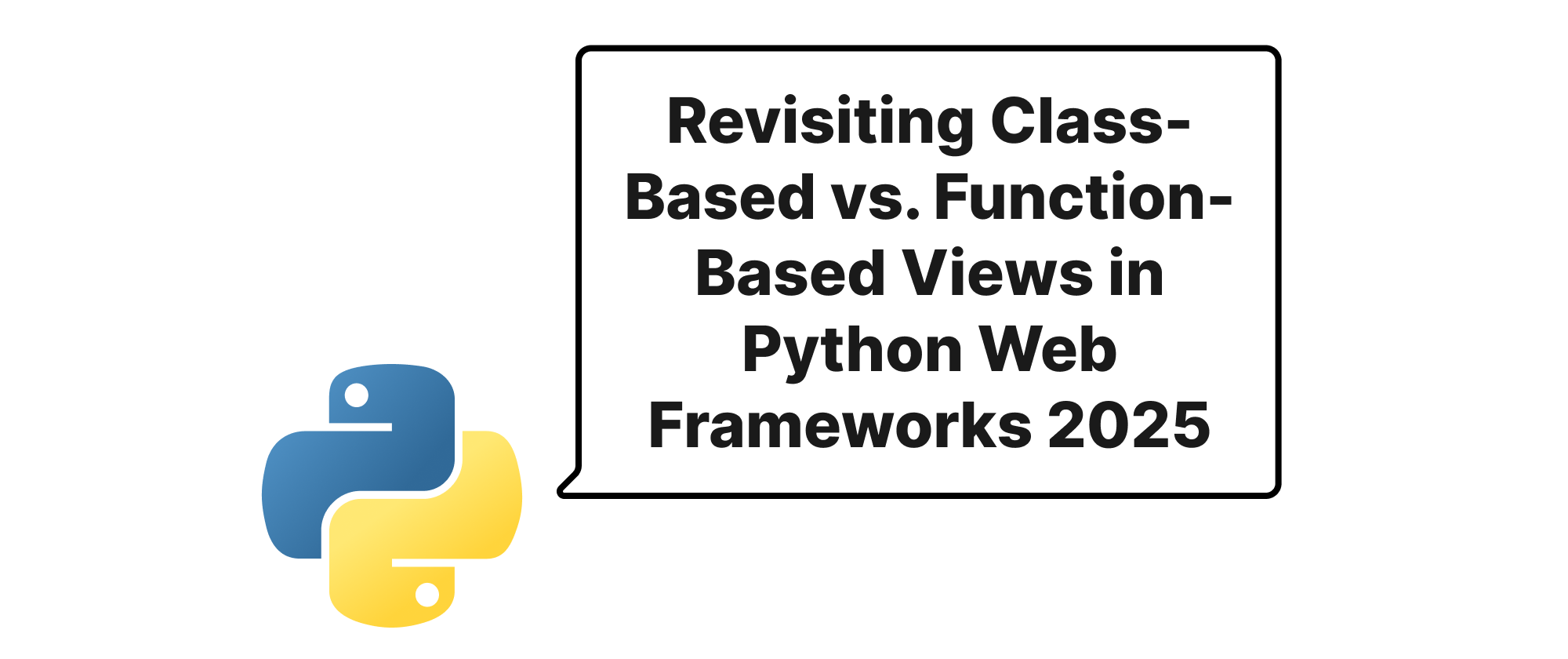
Revisiting Class-Based vs. Function-Based Views in Python Web Frameworks 2025
This article delves into the perennial debate between Class-Based Views (CBV) and Function-Based Views (FBV) in Python web development, analyzing their strengths, weaknesses, and evolving relevance by 2025.
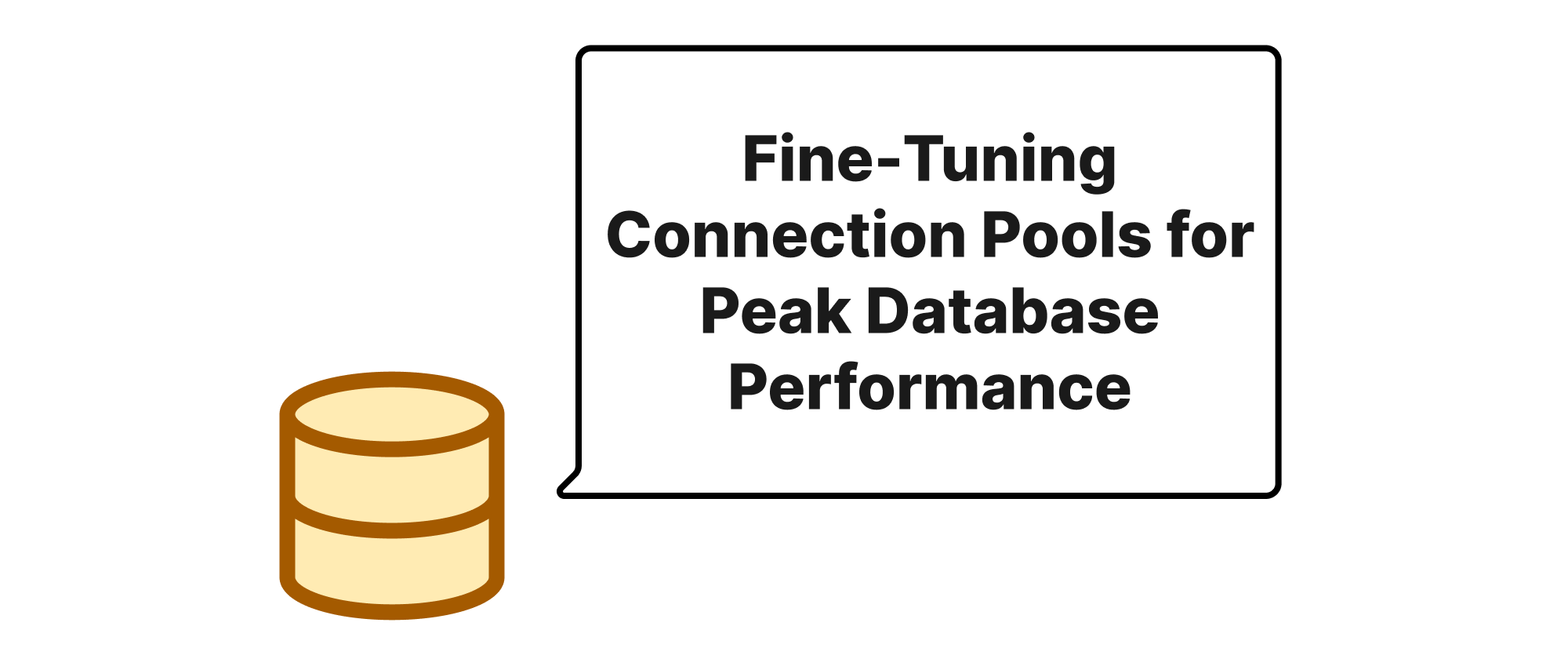
Fine-Tuning Connection Pools for Peak Database Performance
This article delves into optimizing PgBouncer and application-level connection pools, explaining key concepts, configuration strategies, and practical examples to achieve superior database performance and resource utilization.

Unveiling Astro's Seamless Navigation with Native View Transitions
Explore how Astro leverages the browser's native View Transitions API to deliver buttery-smooth page navigation, enhancing user experience without complex JavaScript.
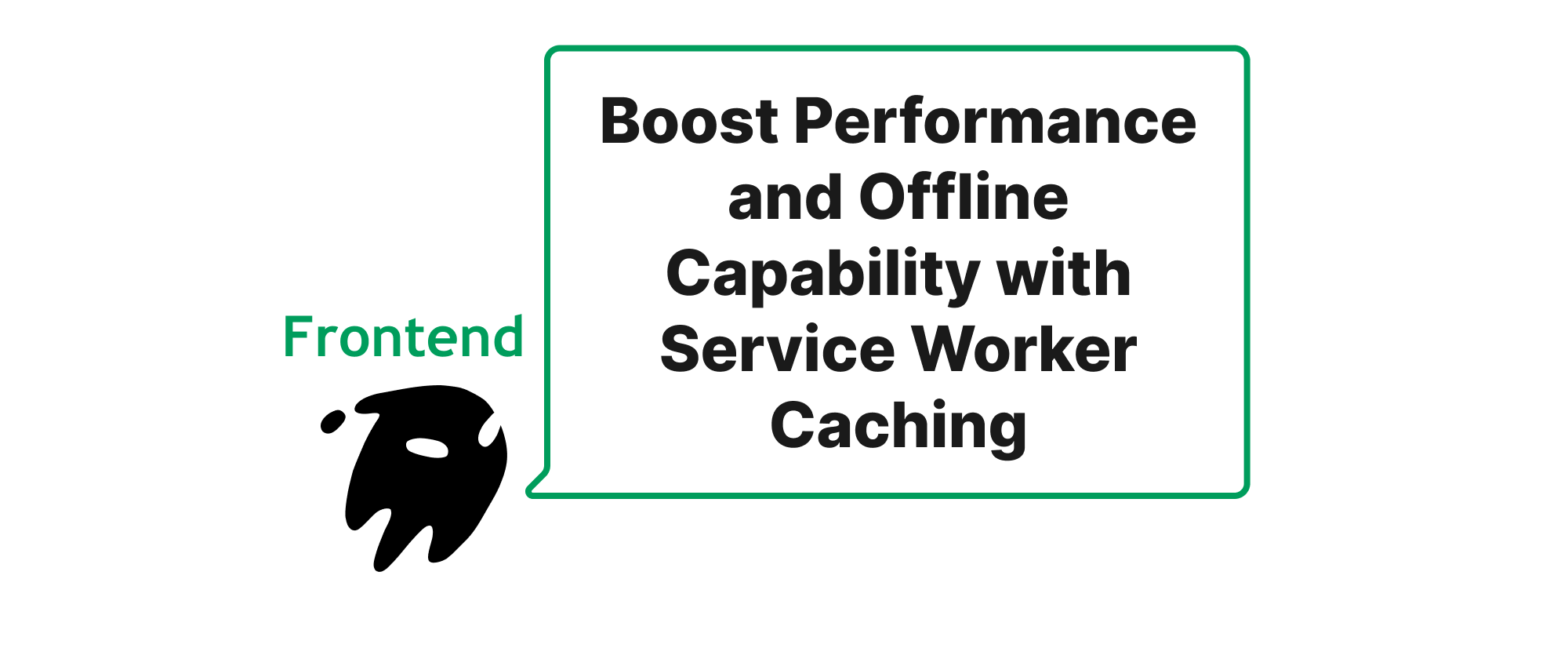
Boost Performance and Offline Capability with Service Worker Caching
Explore how Service Workers intercept network requests to cache resources, significantly improving website loading times for repeat visits and enabling robust offline experiences.
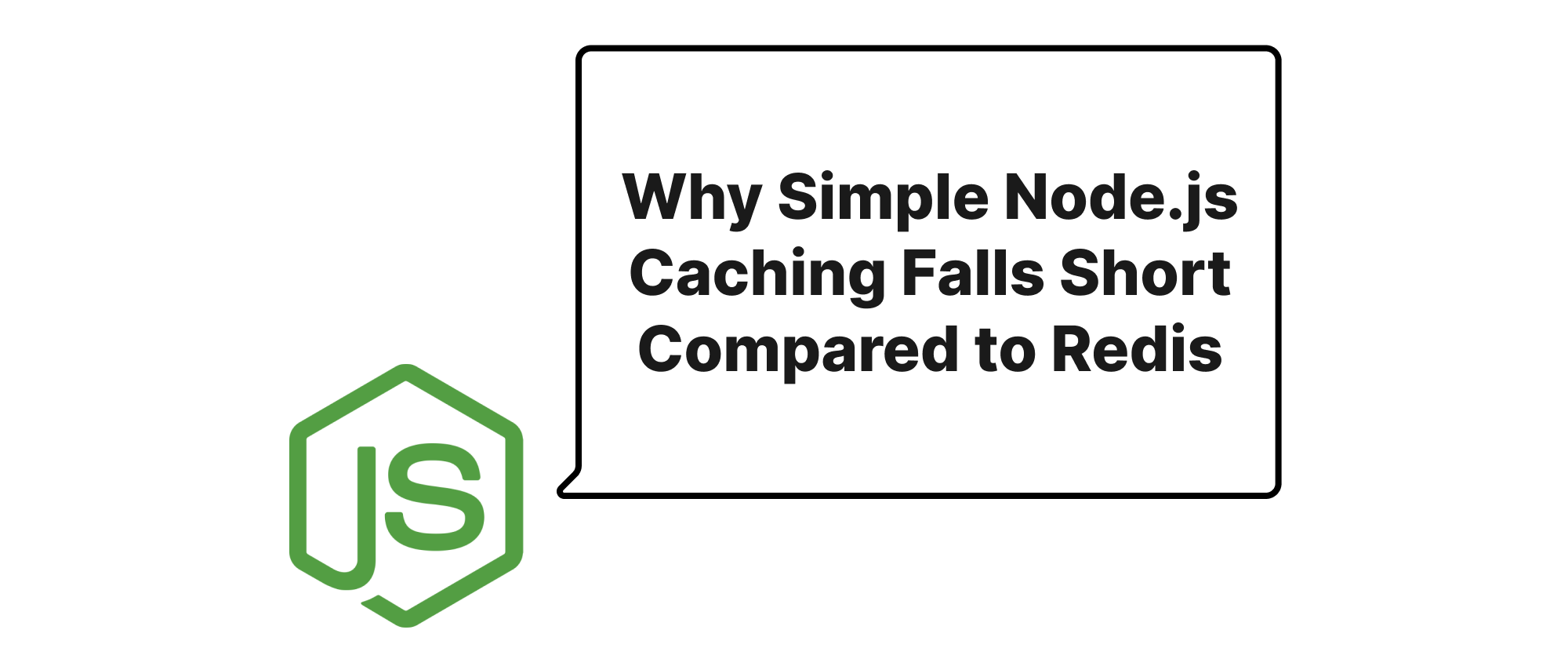
Why Simple Node.js Caching Falls Short Compared to Redis
This article explores implementing a basic in-memory cache in Node.js and explains why, for real-world applications, a dedicated solution like Redis inevitably becomes the superior choice.

Build a Great Nest.js Blog: Visitor Analytics
This tutorial explains how to build a visitor tracking system for a Nest.js blog. It covers database setup, creating a service, and displaying post view counts to identify popular articles.
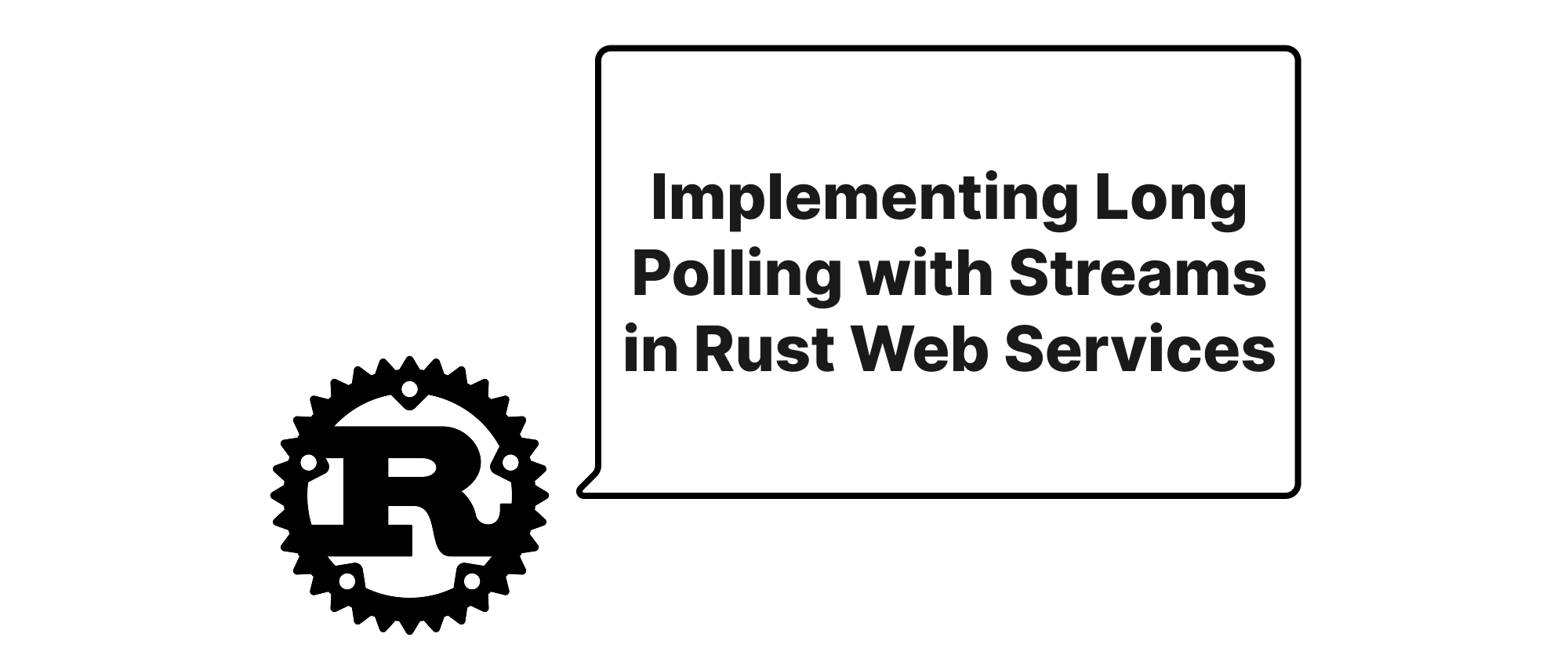
Implementing Long Polling with Streams in Rust Web Services
Explore how Rust's asynchronous capabilities and stream-based APIs can be leveraged to build efficient and scalable long-polling mechanisms for real-time web applications.
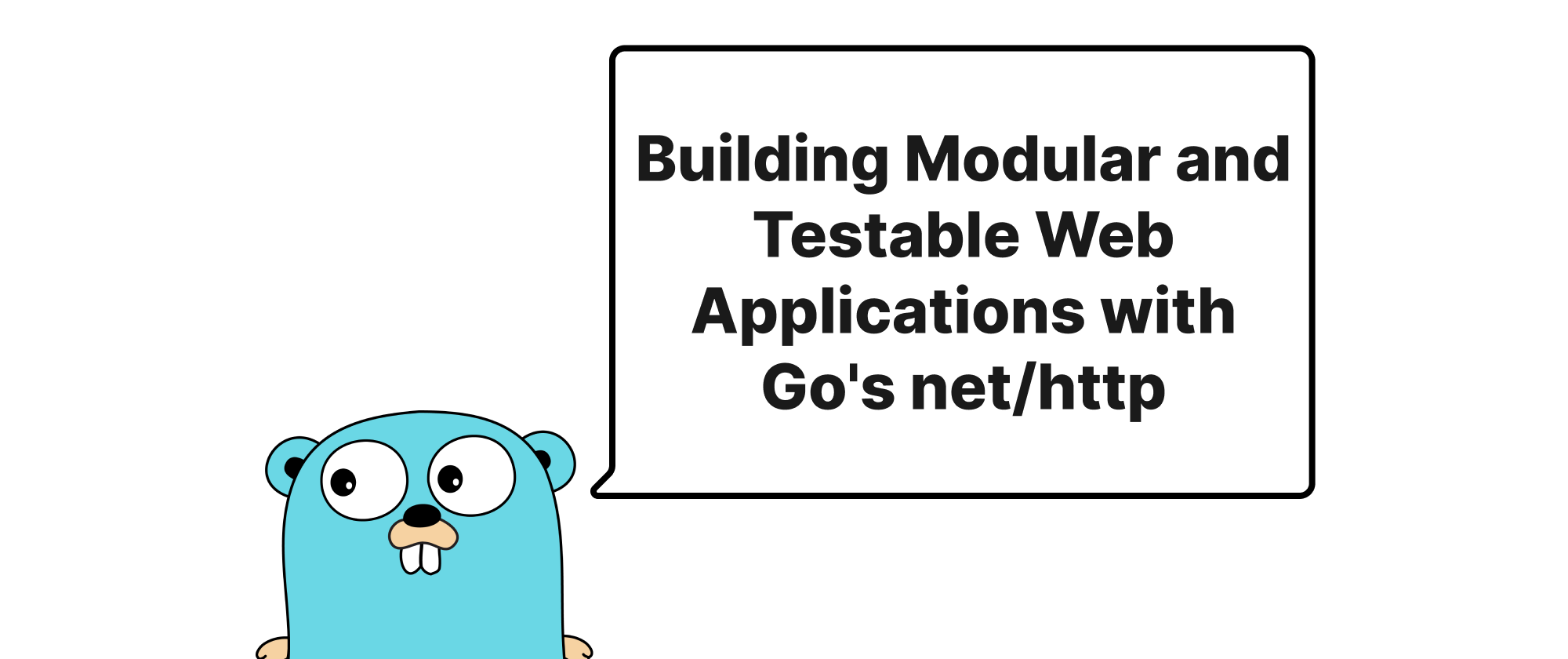
Building Modular and Testable Web Applications with Go's net/http
This article delves into creating robust, maintainable, and easily testable web applications in Go using the standard net/http package, emphasizing modular design principles.
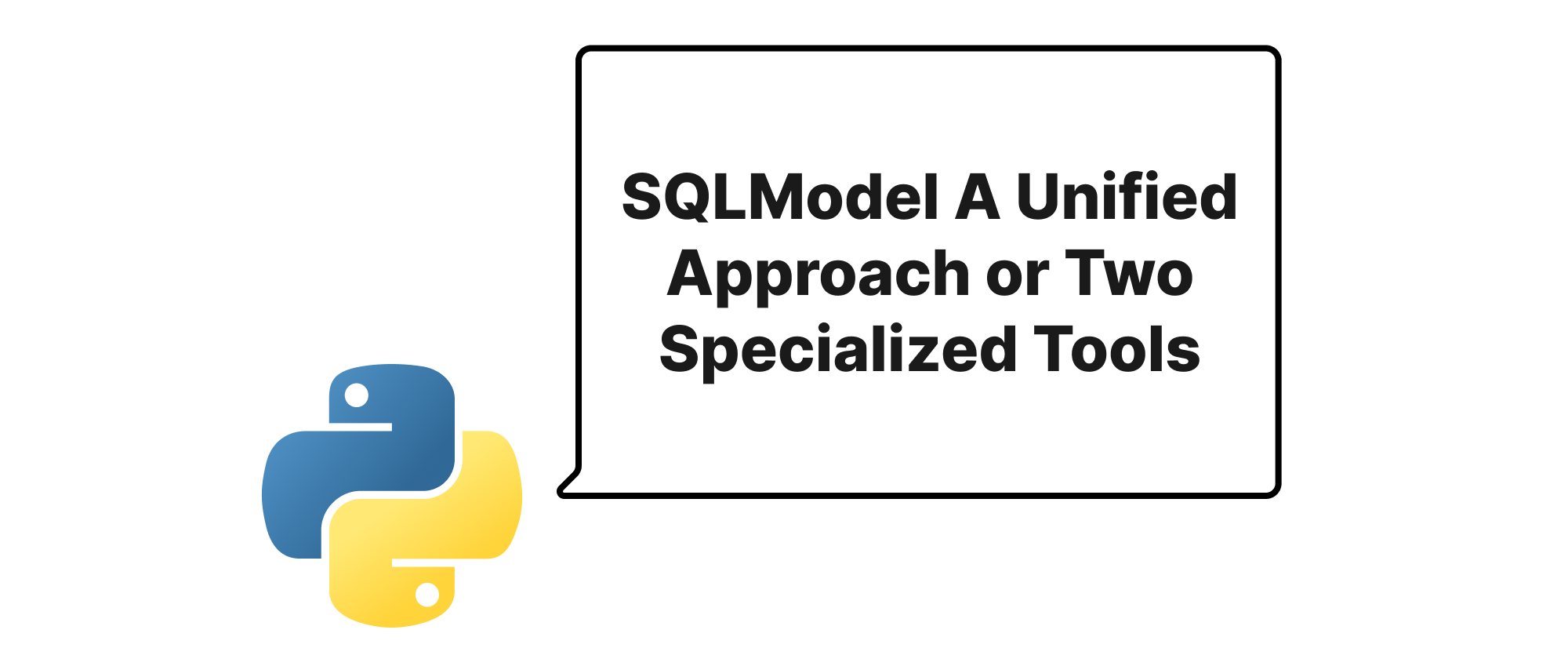
SQLModel A Unified Approach or Two Specialized Tools
Exploring the trade-offs between using SQLModel and separate Pydantic and SQLAlchemy implementations for data modeling and database interactions in Python.
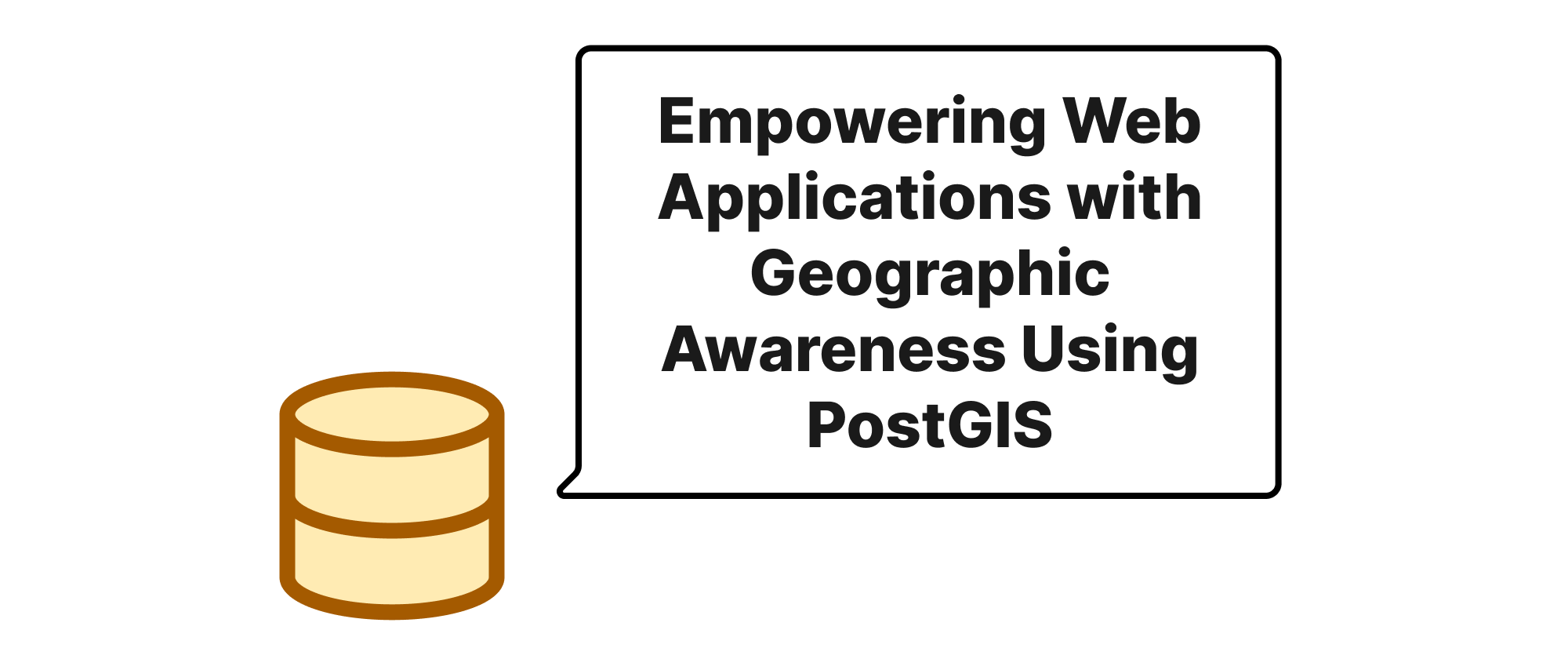
Empowering Web Applications with Geographic Awareness Using PostGIS
This article delves into the practical application of PostGIS for handling geospatial data in web applications, focusing on functionalities like finding nearby locations and performing regional searches, complete with code examples.
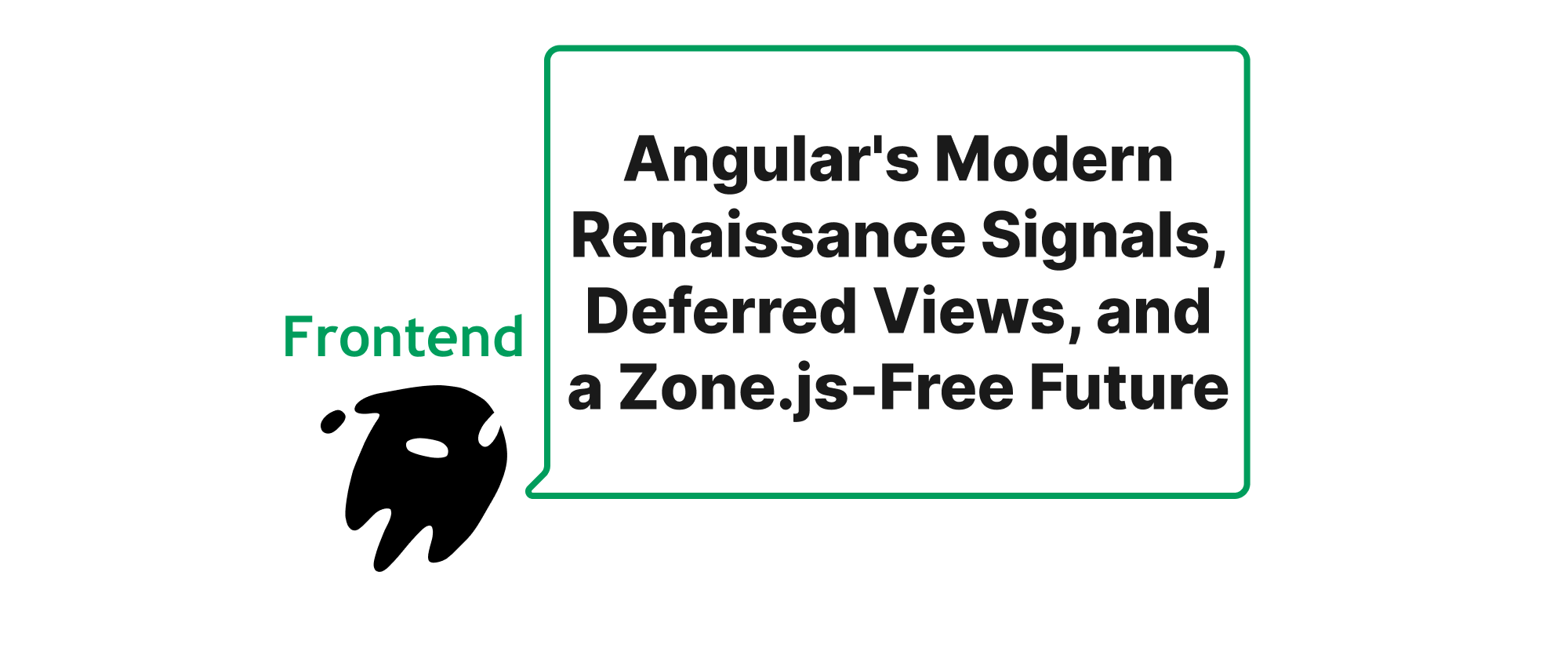
Angular's Modern Renaissance Signals, Deferred Views, and a Zone.js-Free Future
This article delves into how Angular 17+ is embracing modern web development paradigms through Signals, deferred views, and the option to run without Zone.js, reshaping its architecture to be more performant and developer-friendly.
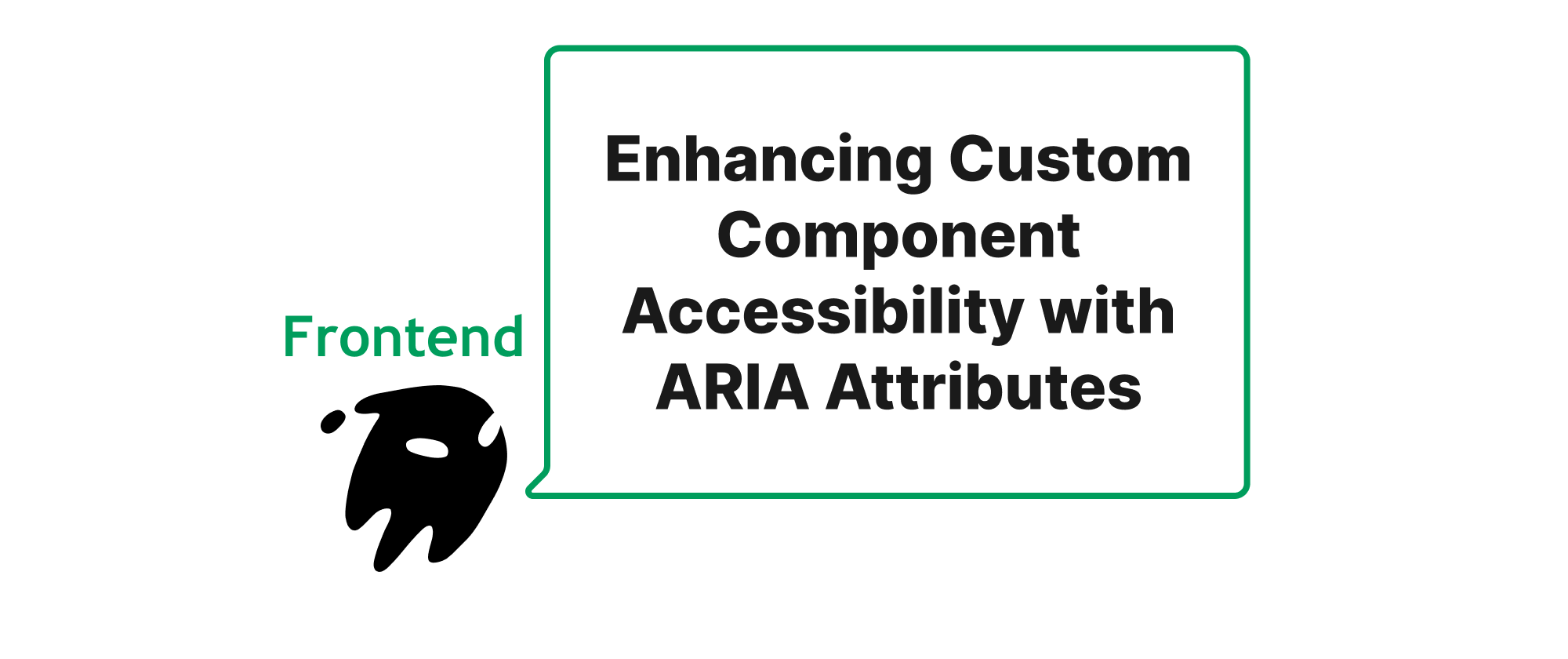
Enhancing Custom Component Accessibility with ARIA Attributes
This article delves into the crucial role of ARIA attributes in making custom front-end components accessible, covering core concepts, practical implementation, and real-world examples.
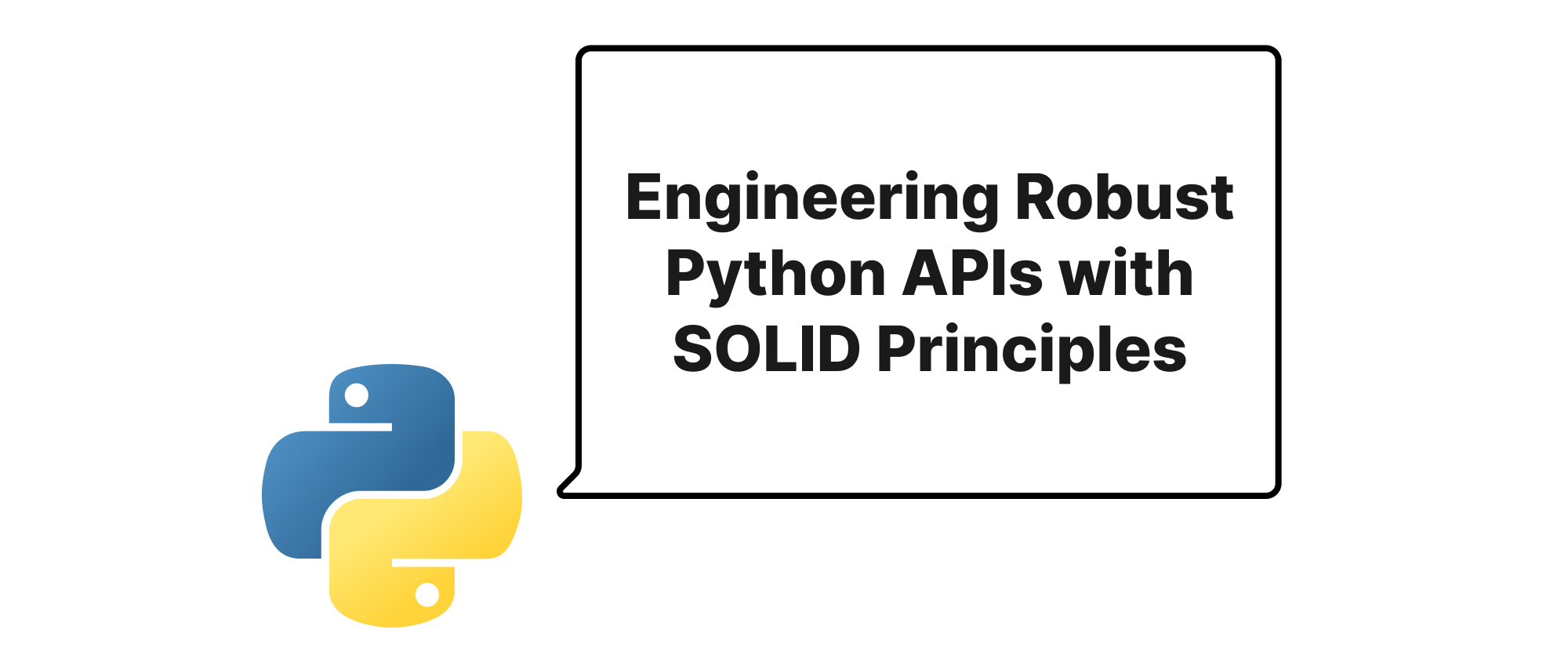
Engineering Robust Python APIs with SOLID Principles
This article delves into applying SOLID principles to refactor Flask and FastAPI projects, enhancing maintainability, scalability, and testability through practical code examples.
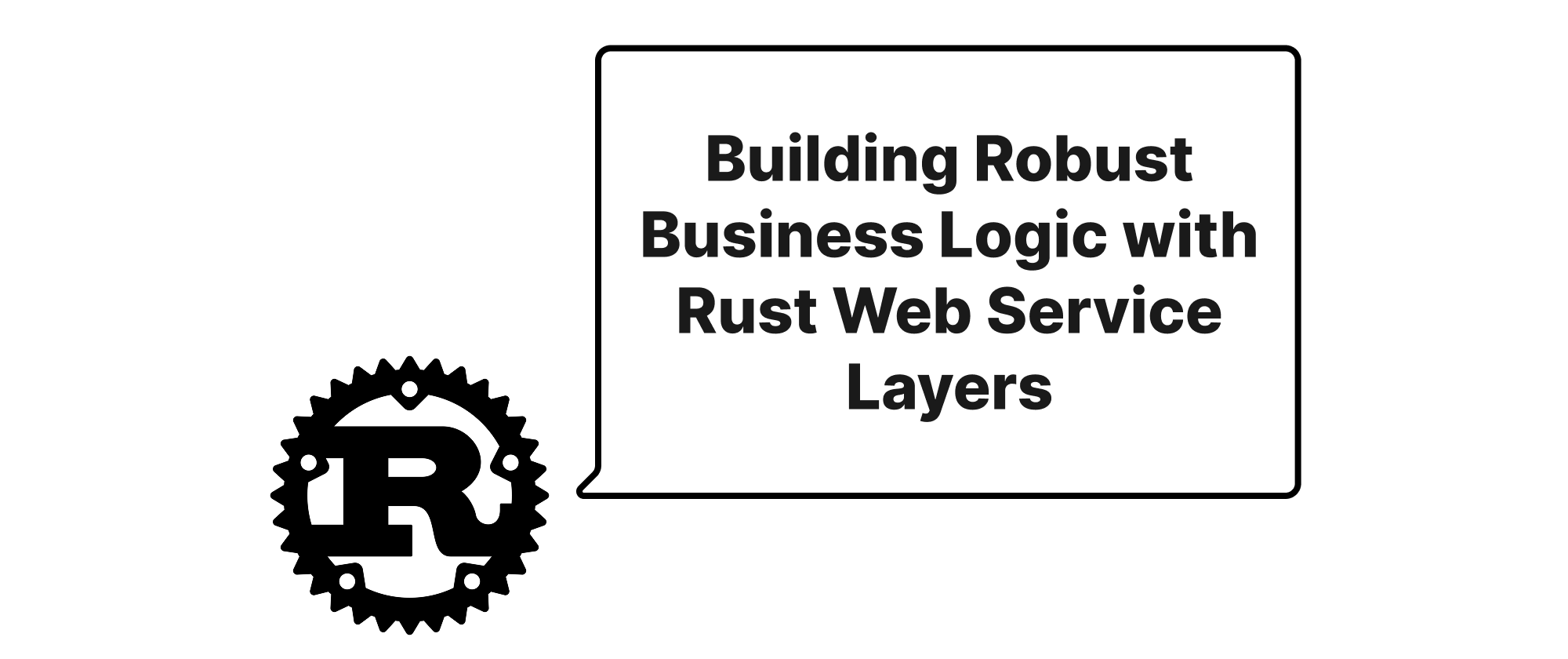
Building Robust Business Logic with Rust Web Service Layers
This article explores the design and implementation of service layers in Rust web applications to encapsulate business logic, enhancing maintainability, testability, and separation of concerns.
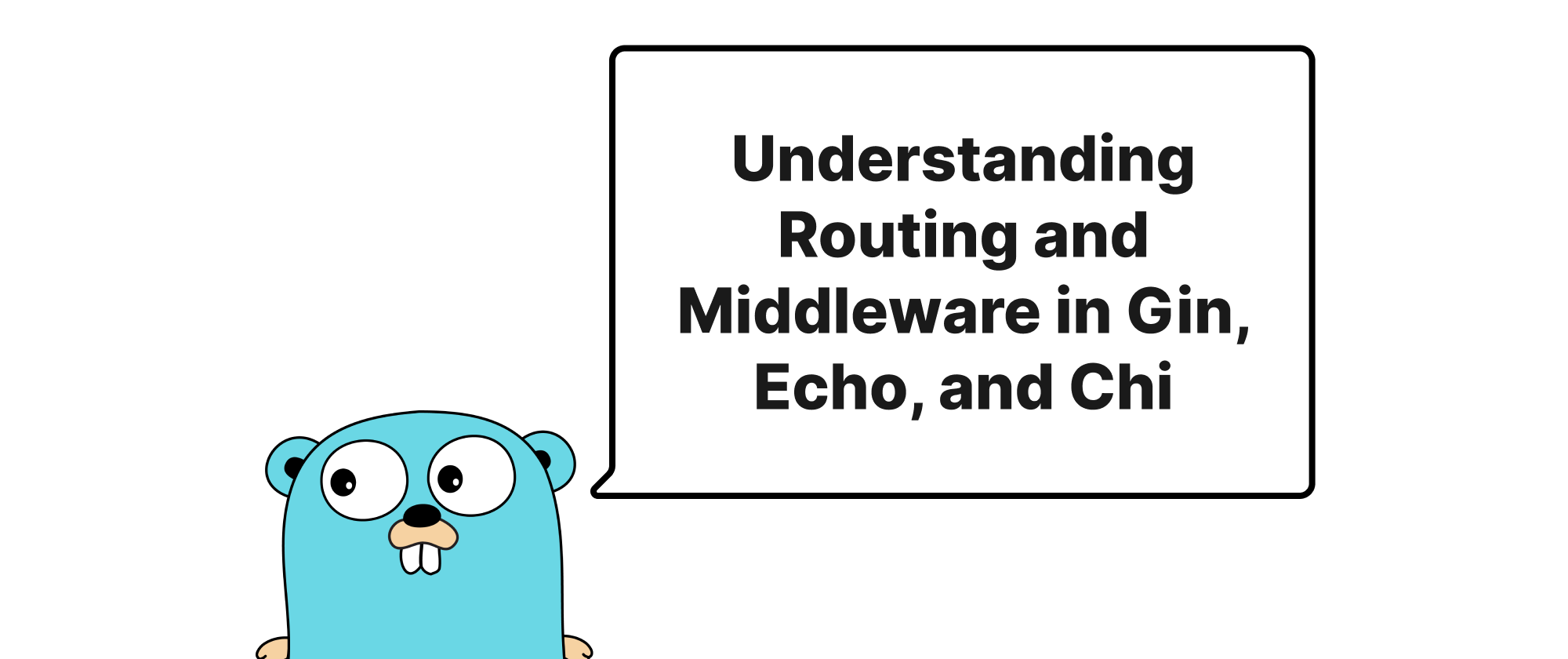
Understanding Routing and Middleware in Gin, Echo, and Chi
This article delves into the routing and middleware design philosophies of Gin, Echo, and Chi, three prominent Go web frameworks, exploring their core concepts, implementations, and practical applications with code examples.
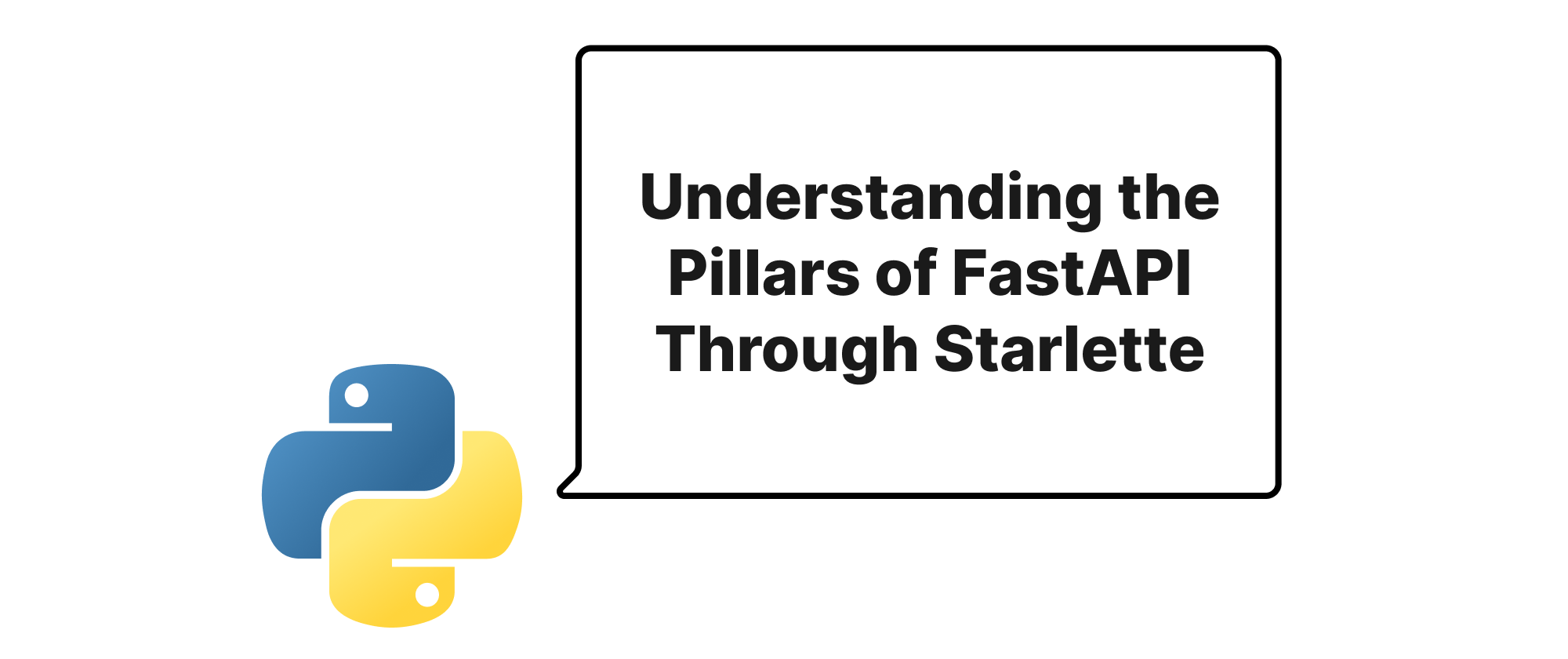
Understanding the Pillars of FastAPI Through Starlette
A deep dive into Request, Response, Routing, and Middleware in Starlette, revealing the foundational mechanics that power FastAPI's performance and flexibility.

Build a Great Nest.js Blog: Full-Text Search for Posts
This guide explains how to add powerful full-text search to a Nest.js blog using PostgreSQL. It covers database setup with `tsvector`, building backend logic, and integrating a frontend search interface.
